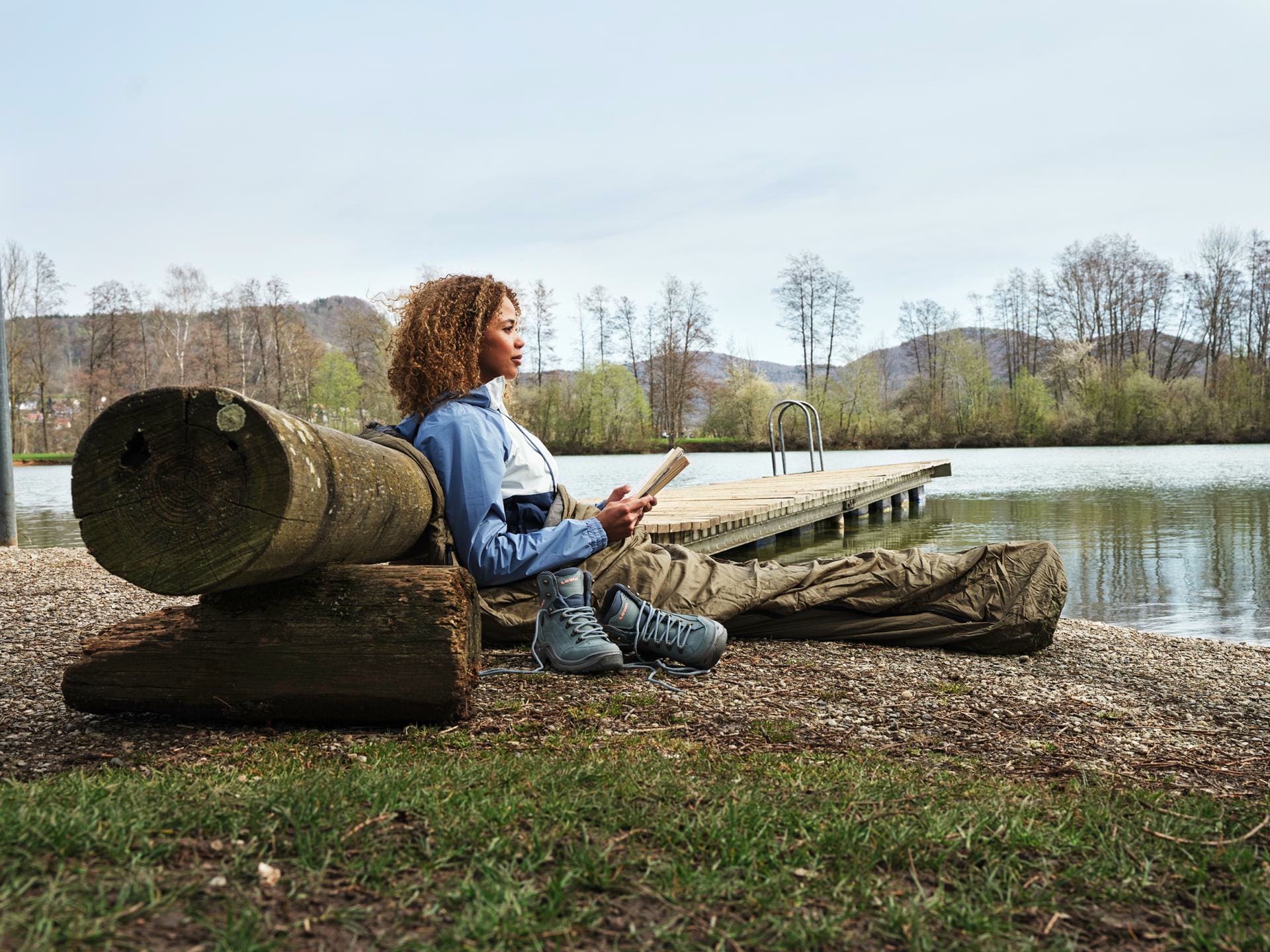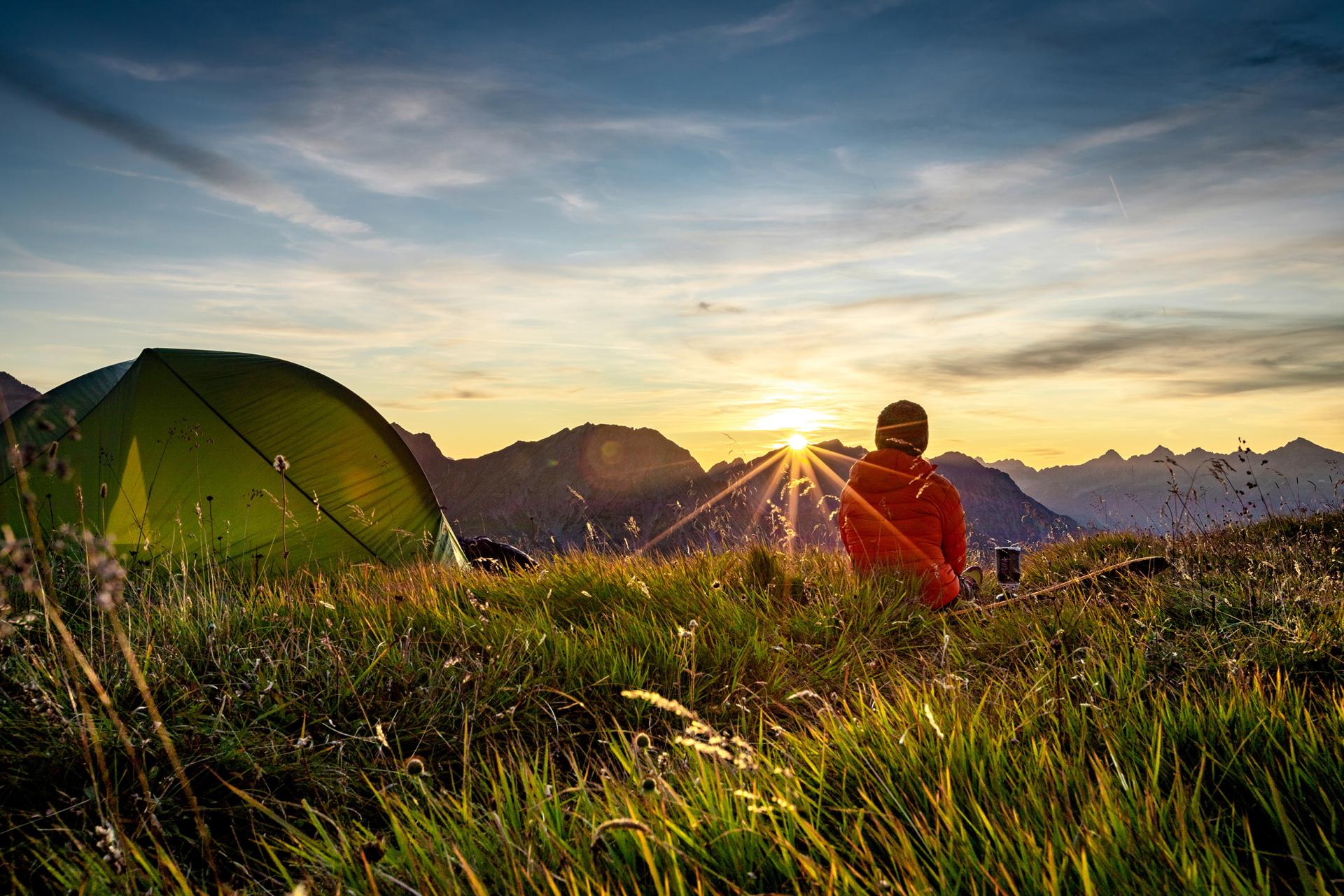Pure thirst for adventure! If you want to do something completely different, you might want to try the special adventure of simply spending the night outdoors - without a hut or tent. The feeling of freedom, fresh air, completely new sounds and a unique experience are certainly the reward for the spirit of adventure. Because sometimes nature itself is the best hotel. But there are certain rules to follow to ensure that your time out in nature is a complete success. We have therefore summarised some useful tips for "spending the night outdoors".
OBSERVE INDIVIDUAL REGULATIONS!
IS IT ALLOWED TO SPEND THE NIGHT IN NATURE?
This issue is regulated differently in the nature conservation and forestry laws of the respective federal states. While in Scandinavian countries in particular, all citizens enjoy basic rights when using nature thanks to the so-called "everyman's right", things are a little different here. As a general rule, overnight stays in nature reserves and on private land or gardens are not permitted. What otherwise applies to public spaces and forests varies depending on where you are staying. We therefore recommend that you find out in detail what is specifically permitted before your planned overnight stay. Once you have found a place, it is also advisable for safety reasons not to spend the night near high stands, feeding areas or bodies of water.
Important when choosing a place to sleep: leave it as you found it!
Of course, this rule does not only apply to an overnight stay in the countryside, but should be observed in general. When you leave your campsite the next morning, you must take any rubbish back home with you. You should definitely think of a suitable bin liner for this. Of course, it is always advisable to think about which items you really need before you stay overnight and only take these with you. This way you can avoid unnecessary plastic waste and other rubbish from the outset. And it also saves you a lot of tidying up.
WATCH OUT FOR THE WEATHER!
WHAT IS THE RIGHT TEMPERATURE FOR AN OVERNIGHT STAY IN NATURE?
As is so often the case, it is difficult to give a generalised answer to this question and it always depends on personal preference. However, you should always find out about the conditions in advance and refrain from spending the night outdoors if there is snow, a possible thunderstorm or acute heat. As a general rule, it is best to spend the night in the great outdoors in moderate temperatures. It also makes sense if the sleeping area is not too far away from home, especially for the first few nights. This way, you can always return home spontaneously if you feel unwell or the weather changes, for example.
PACKING LIST
WHAT DO I NEED FOR AN OVERNIGHT STAY IN THE OPEN AIR?
The same applies here as for almost all hikes: limit yourself to the essentials and avoid unnecessary luggage!
You should never be without a warm sleeping bag and a sleeping mat. A narrow tent or a bivouac sack are also highly recommended. A mosquito net or something else that protects you from unwanted small animals and insects is also a must. You should also think about a supply of water and small snacks as well as a thermos flask with tea or something similar. As it often gets very cold at night, warm clothing is also essential. A torch or head torch and a small first aid kit should also be on your packing list. As usual, you should of course also have a mobile phone with you so that you can be contacted at any time.
WILD BOAR, ROE DEER OR HARE
ARE THE ANIMALS IN THE FOREST A DANGER TO ME?
When spending the night out in nature, it is of course quite possible to encounter one or two forest dwellers. However, wild boar, wolves and the like are often even more afraid of humans than vice versa. An active attack by these mostly shy animals is considered rather unlikely. The situation is somewhat different with small animals such as spiders, beetles or flies. They recognise the body heat of humans even in the dark and therefore also approach them at night. Depending on the time of year, you should also be particularly wary of ticks. It is essential to check yourself thoroughly the next morning for bites.
You should also be aware of this:
When spending the night outdoors, many of you are probably also thinking about a campfire. Gathering the necessary wood yourself during the day will provide the necessary warmth and cosiness in the evening. Of course, we can clearly understand these thoughts. However, a campfire in the great outdoors is prohibited in most federal states due to the dangers involved. For example, if the wood used is still a little damp, sparks are quickly generated, which pose a major fire hazard. In addition, other forest dwellers may feel disturbed by the flames, which is why you should generally refrain from having a campfire during your overnight stay.
PERHAPS ALSO INTERESTING
-
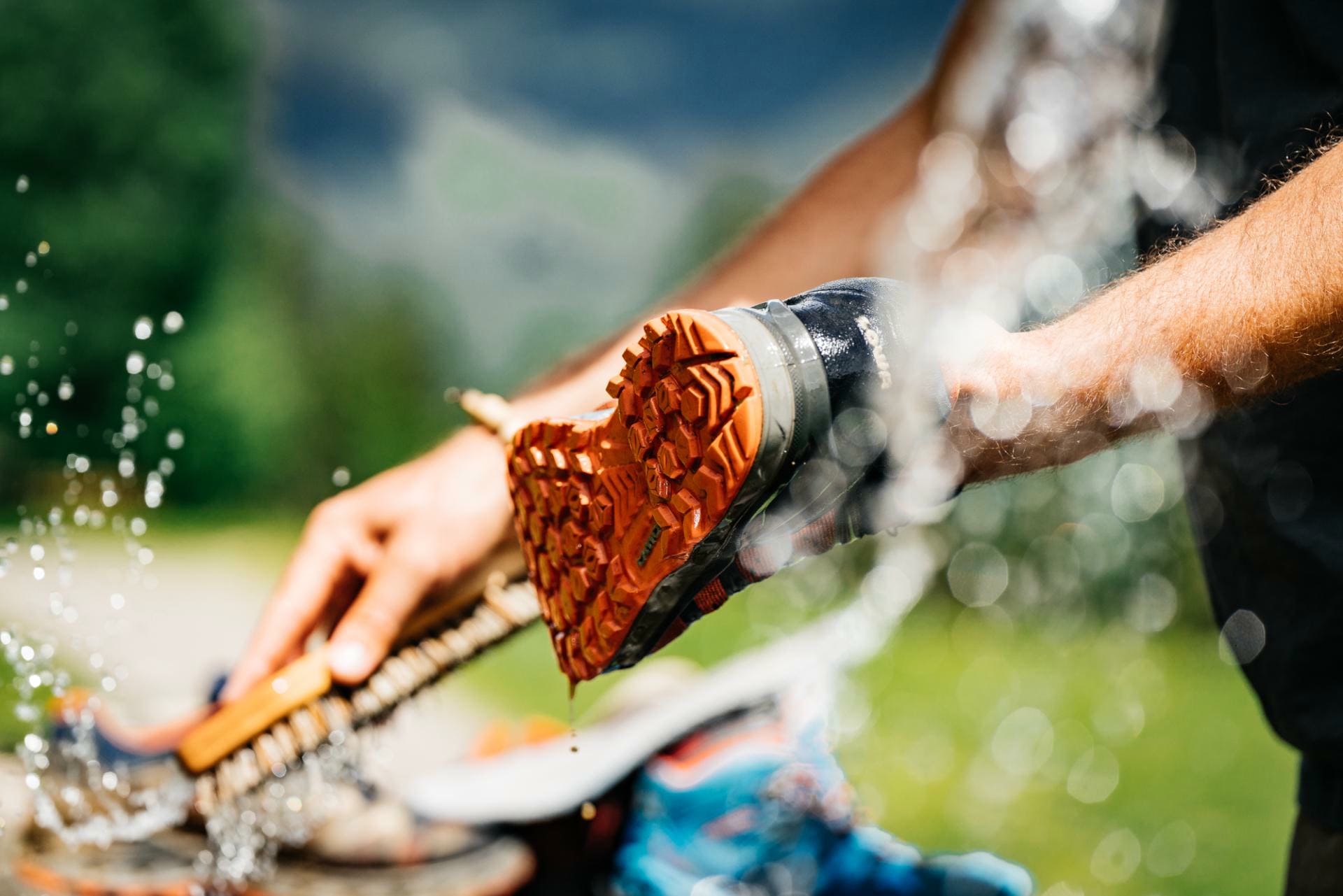 Care tipsMore
Care tipsMore -
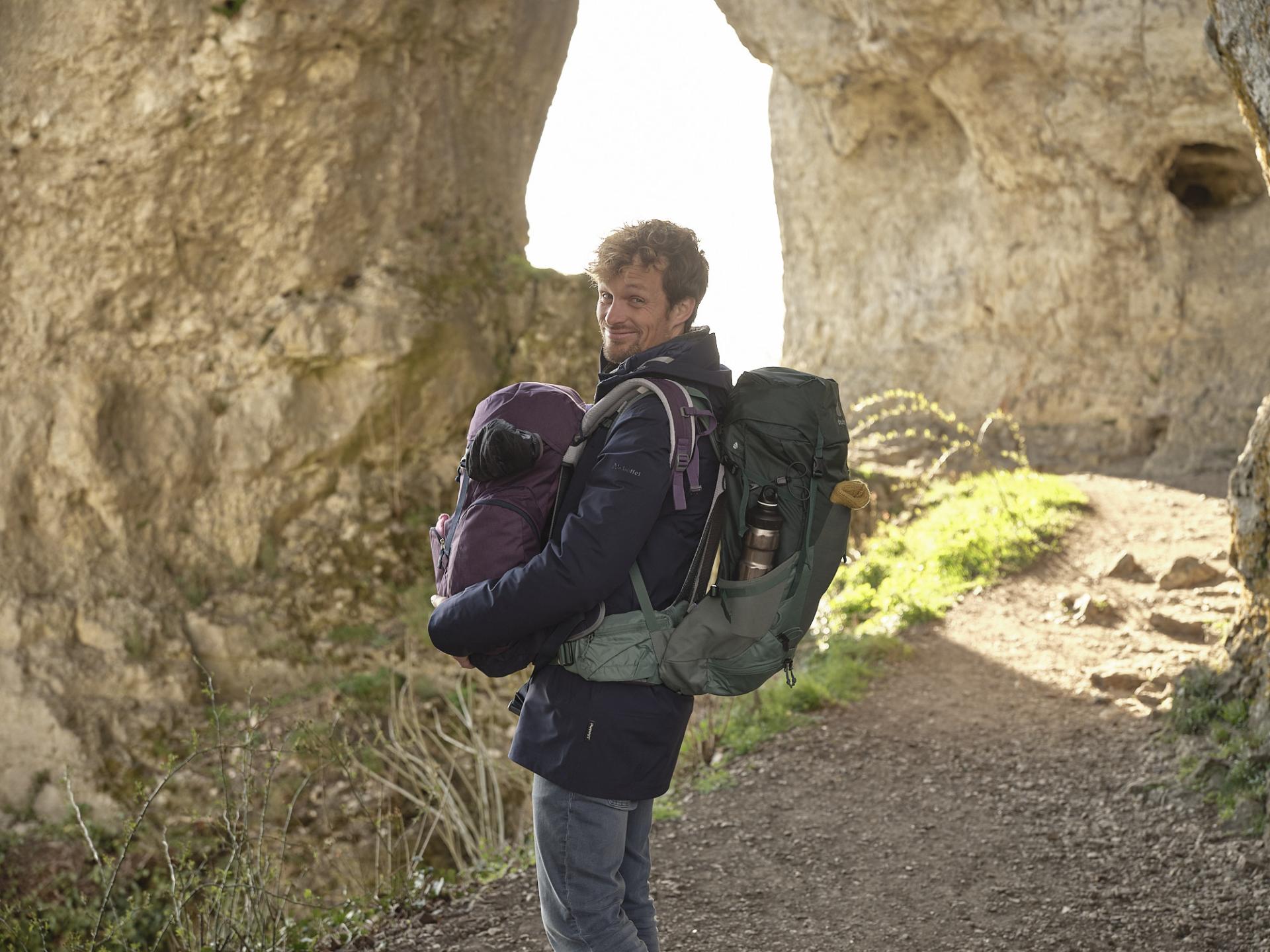 Equipment tipsMore
Equipment tipsMore -
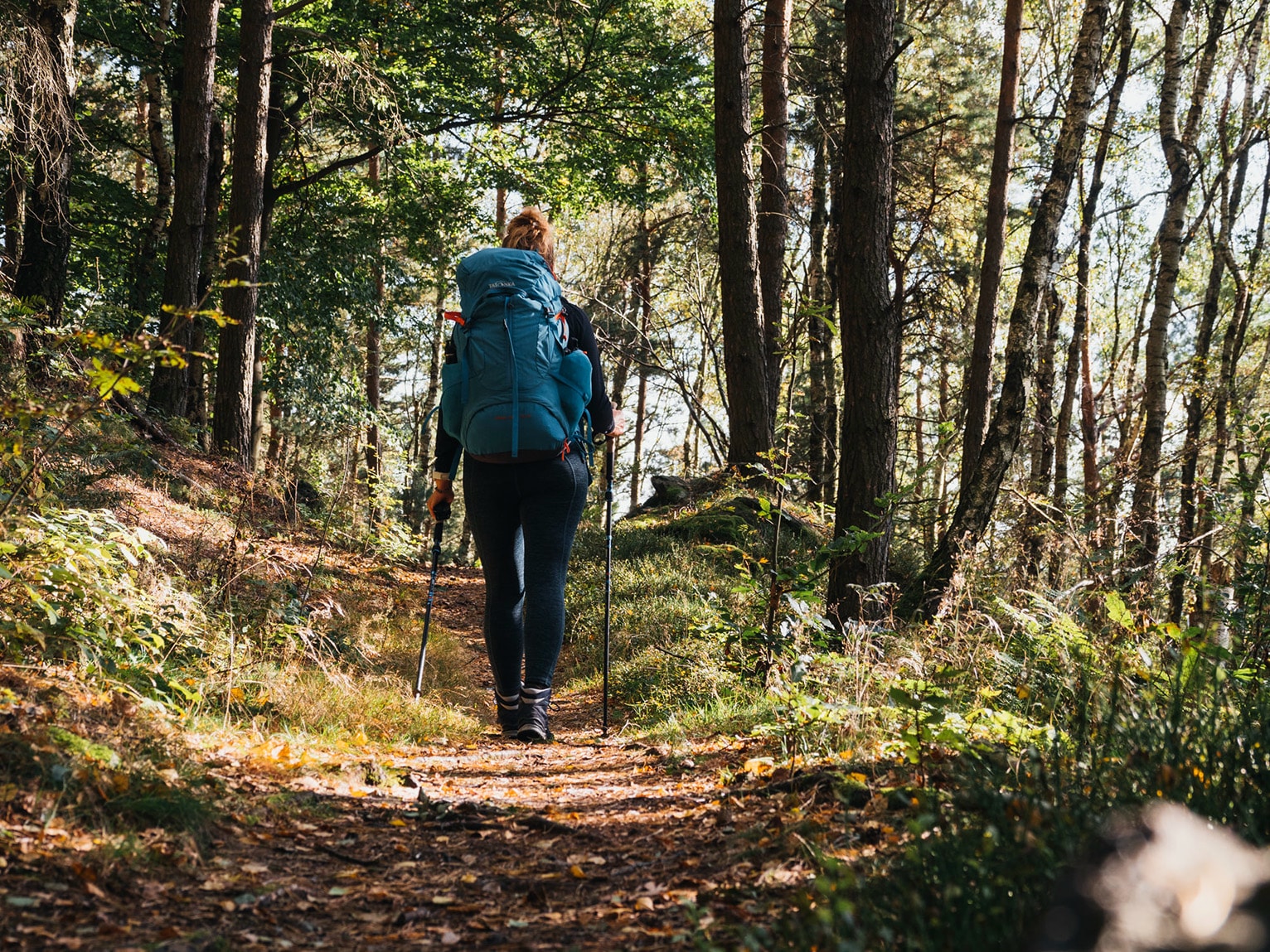 The first long-distance hike tips for beginnersMore
The first long-distance hike tips for beginnersMore -
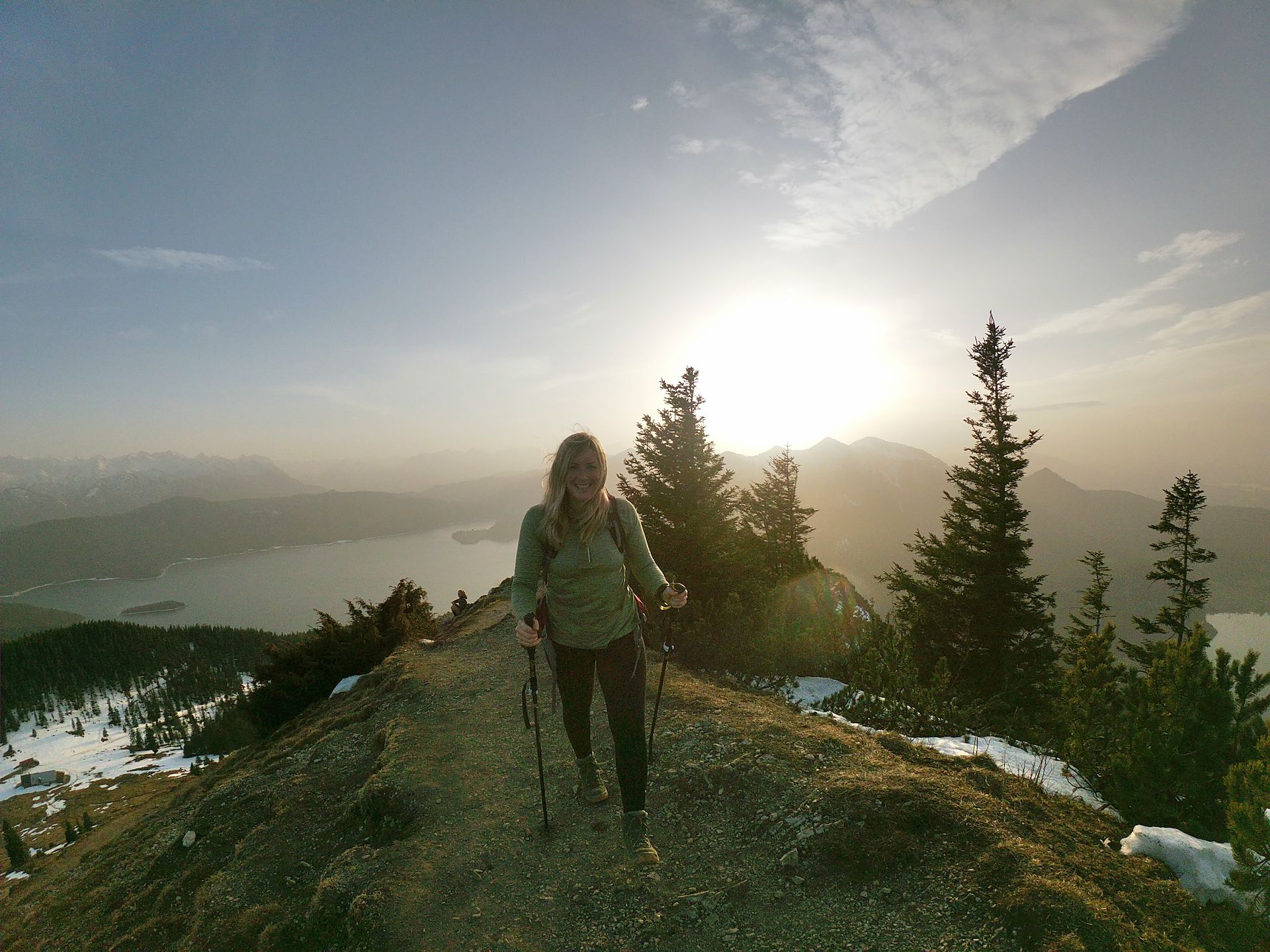 The microadventures of our adventurersMore
The microadventures of our adventurersMore -
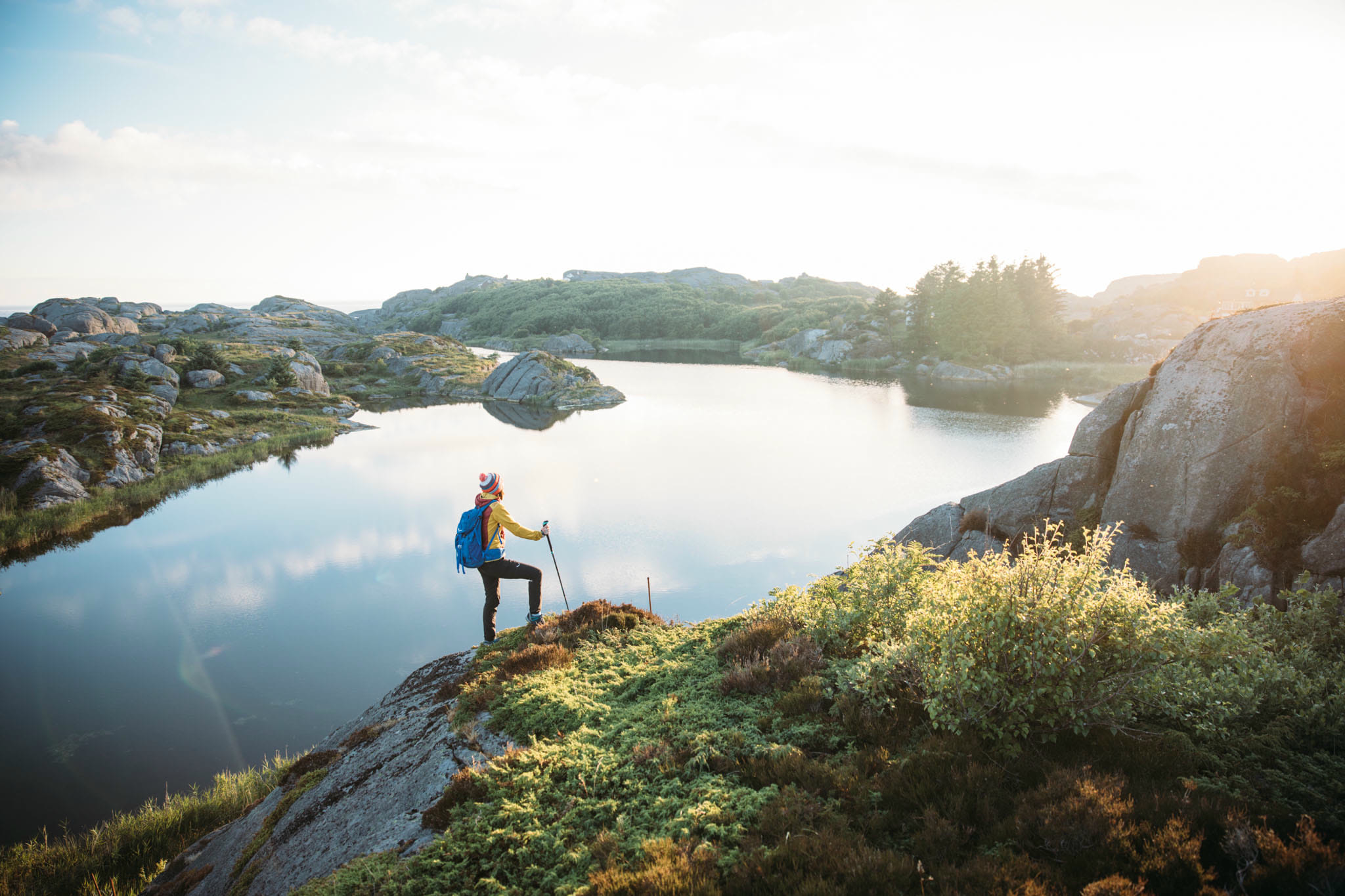 Hiking planning from A to ZMore
Hiking planning from A to ZMore -
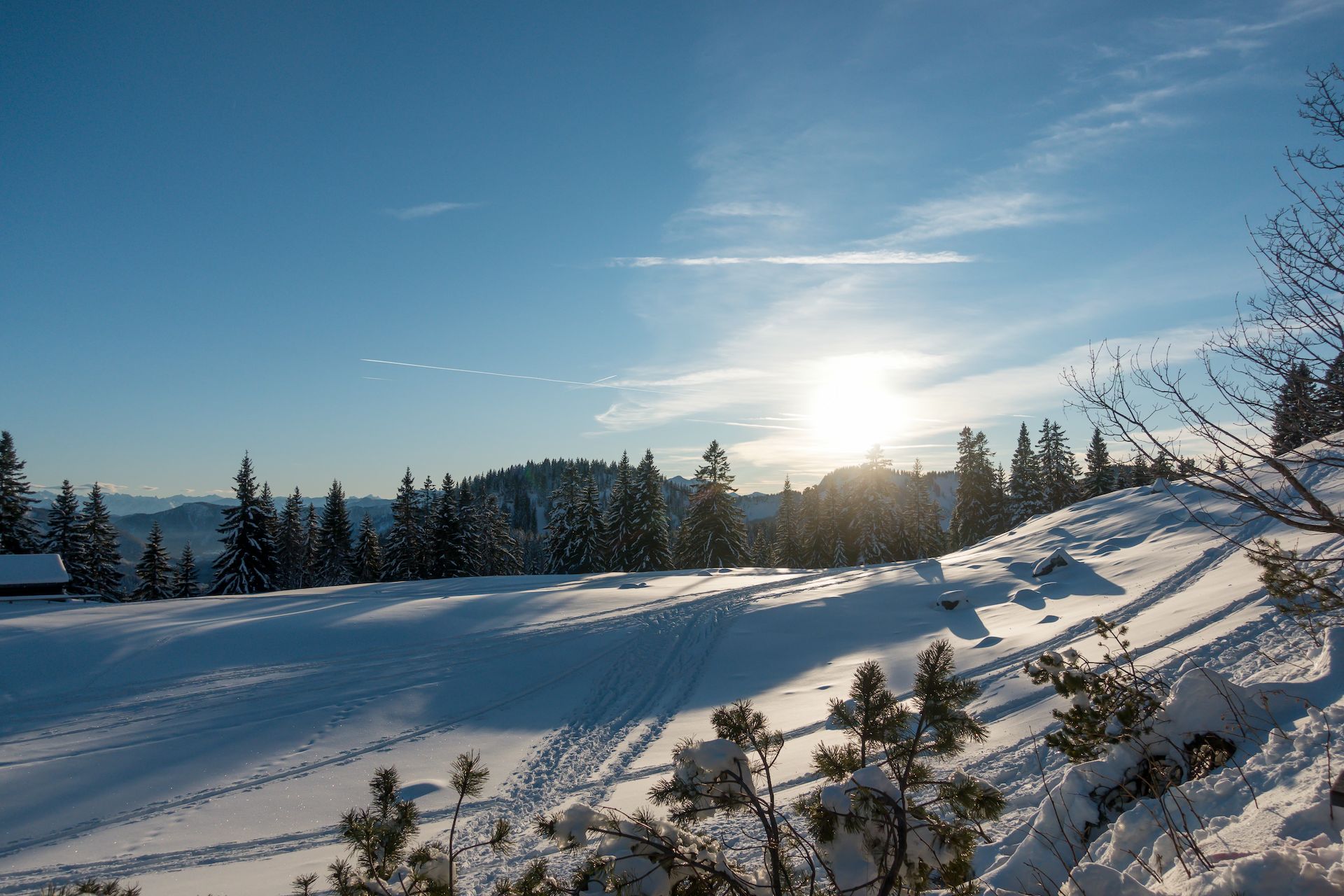 Stay fit through the winterMore
Stay fit through the winterMore -
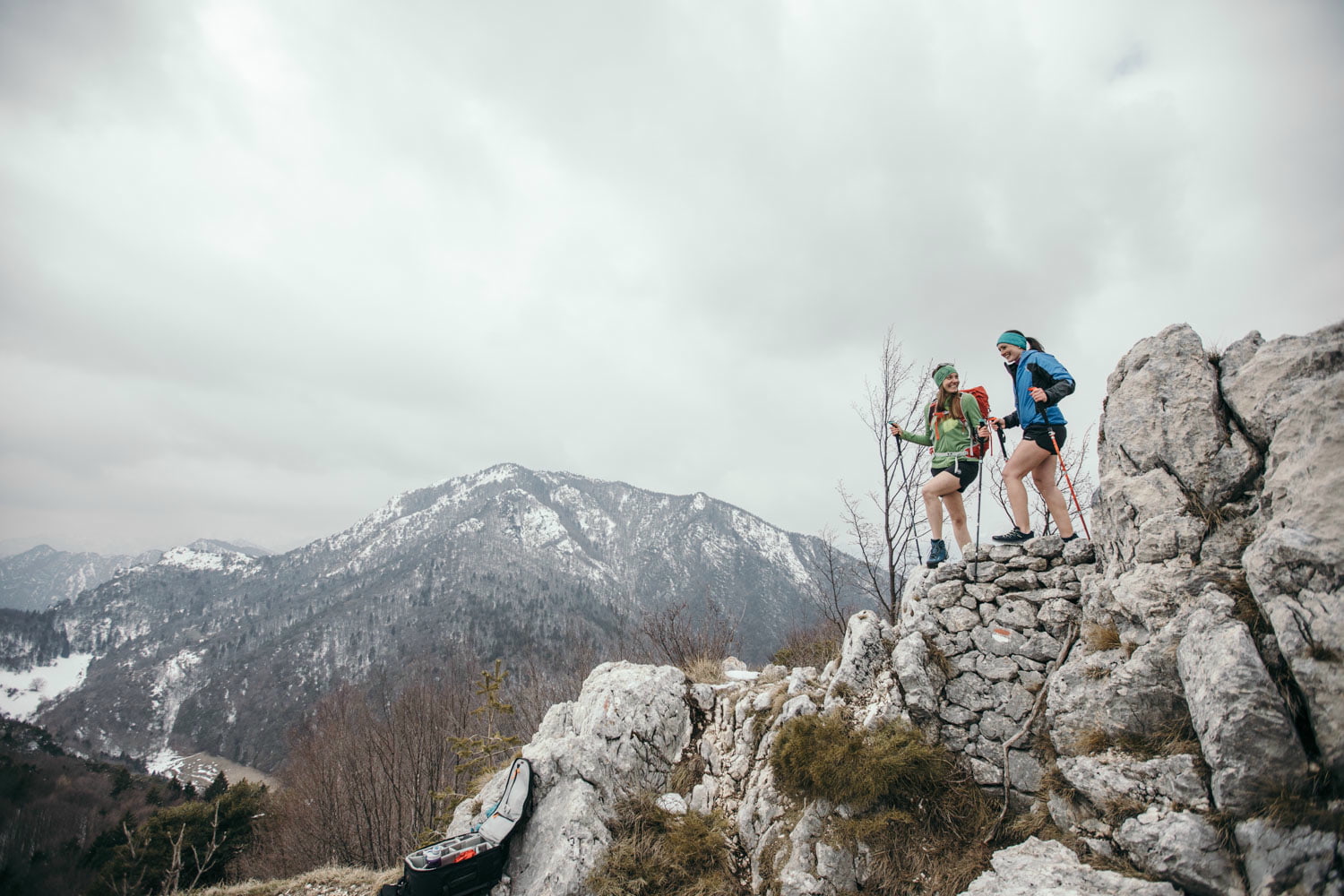 Women's hikesMore
Women's hikesMore -
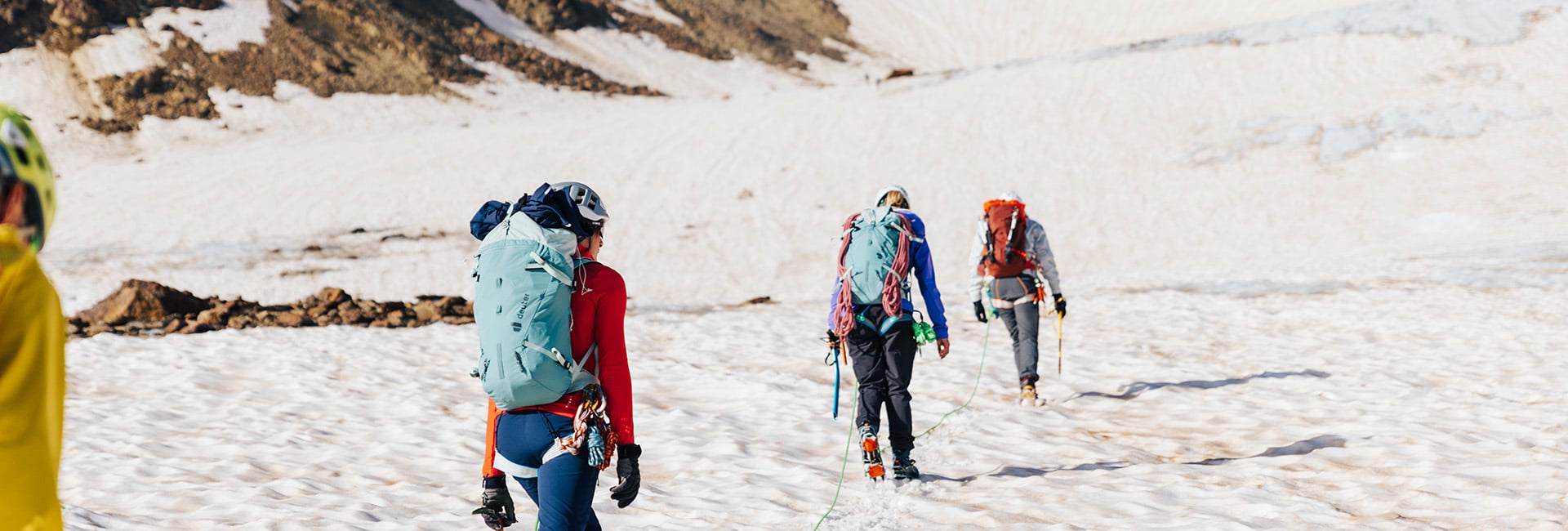 Mountaineering 101More
Mountaineering 101More -
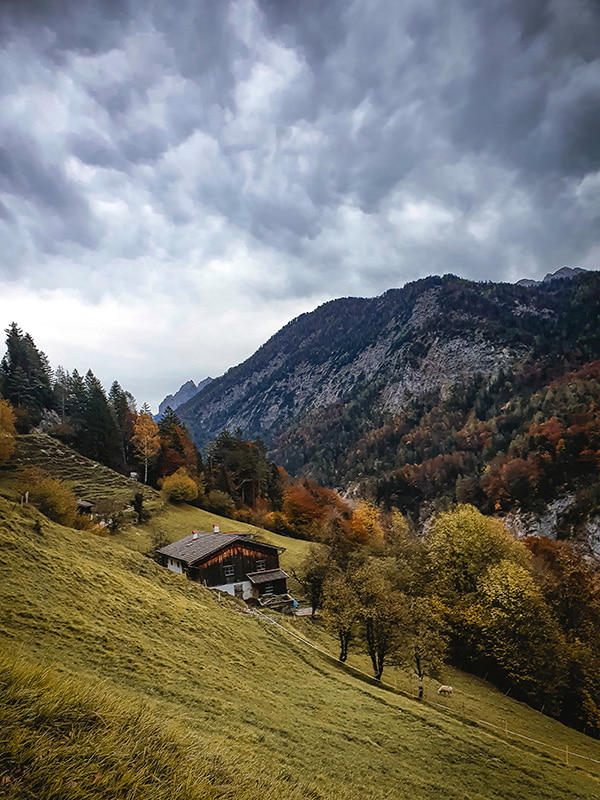 Hut hikesMore
Hut hikesMore -
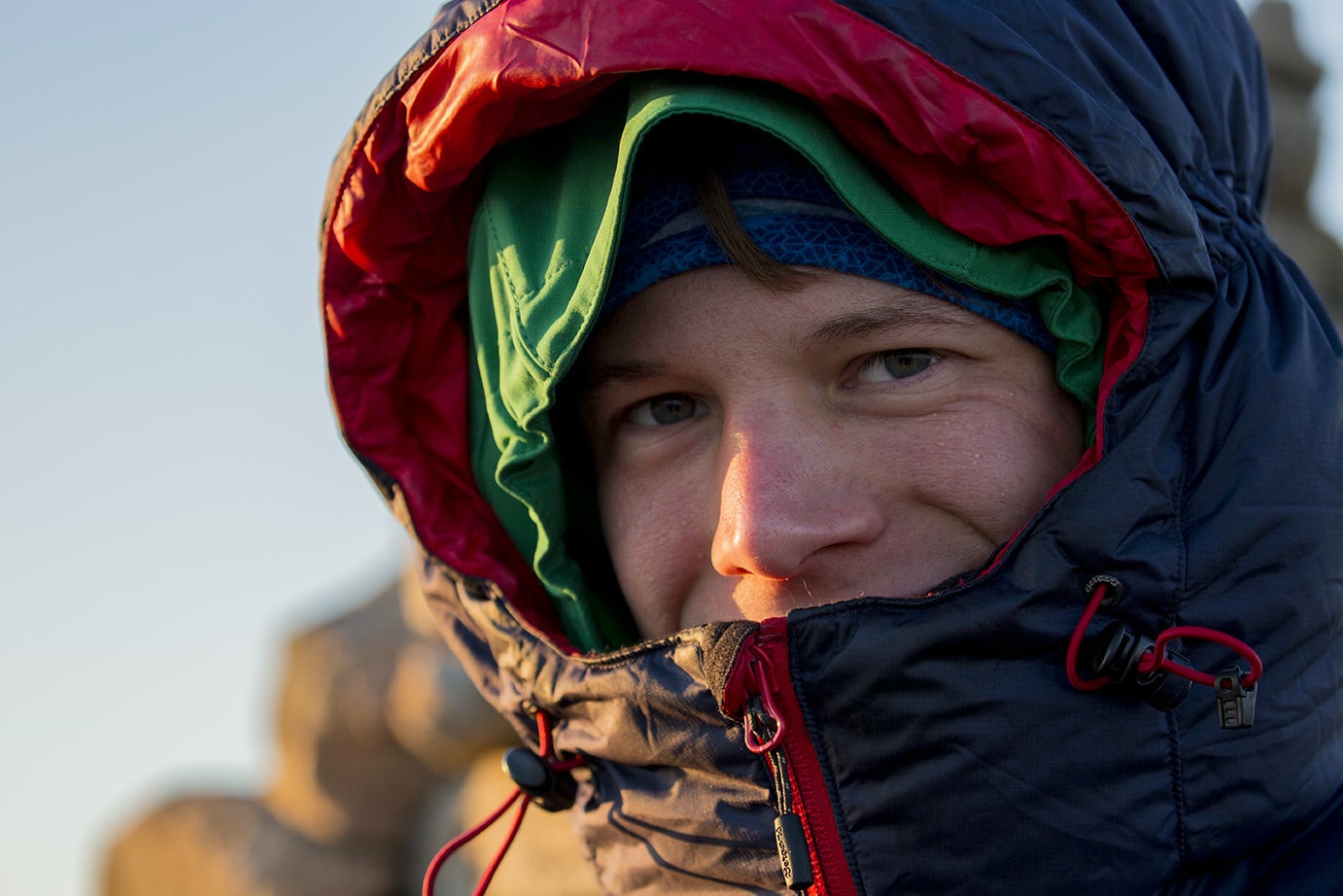 Clothing: Better too warm than too coldMore
Clothing: Better too warm than too coldMore -
 Discover nature with childrenMore
Discover nature with childrenMore -
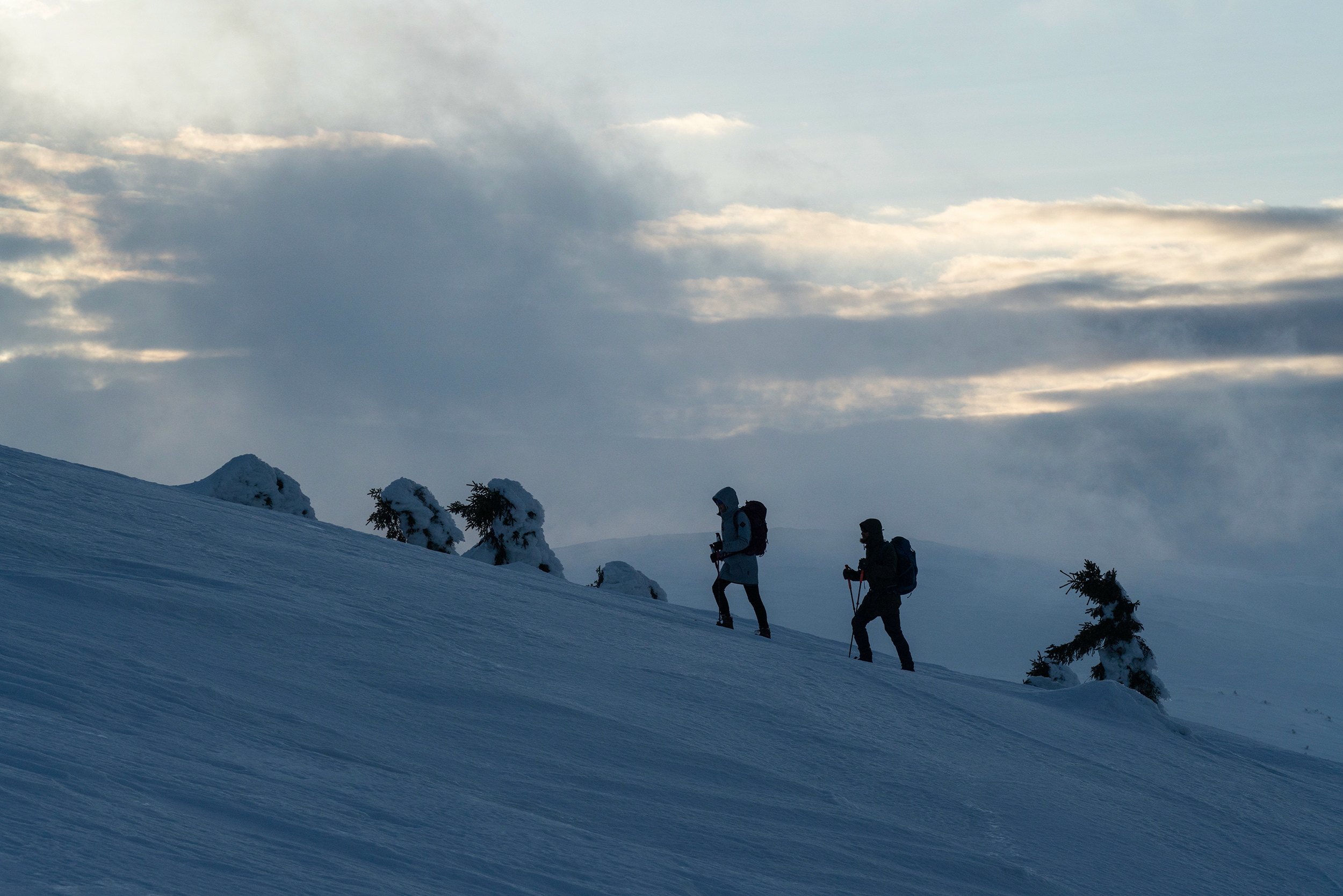 Winter hikesMore
Winter hikesMore -
 Warm up to get upMore
Warm up to get upMore -
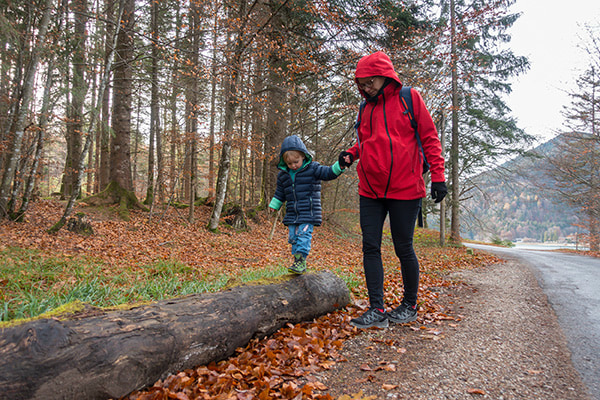 Hiking with children in autumnMore
Hiking with children in autumnMore -
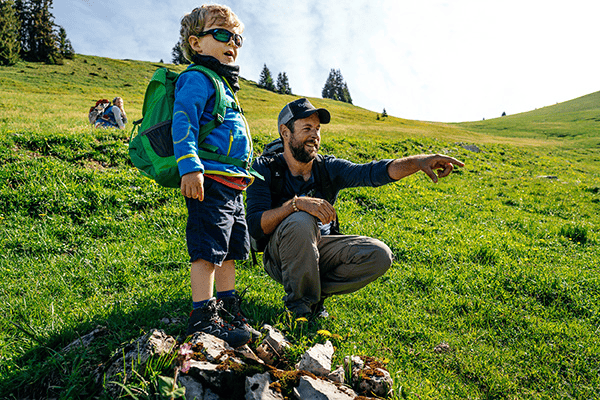 Hiking with childrenMore
Hiking with childrenMore -
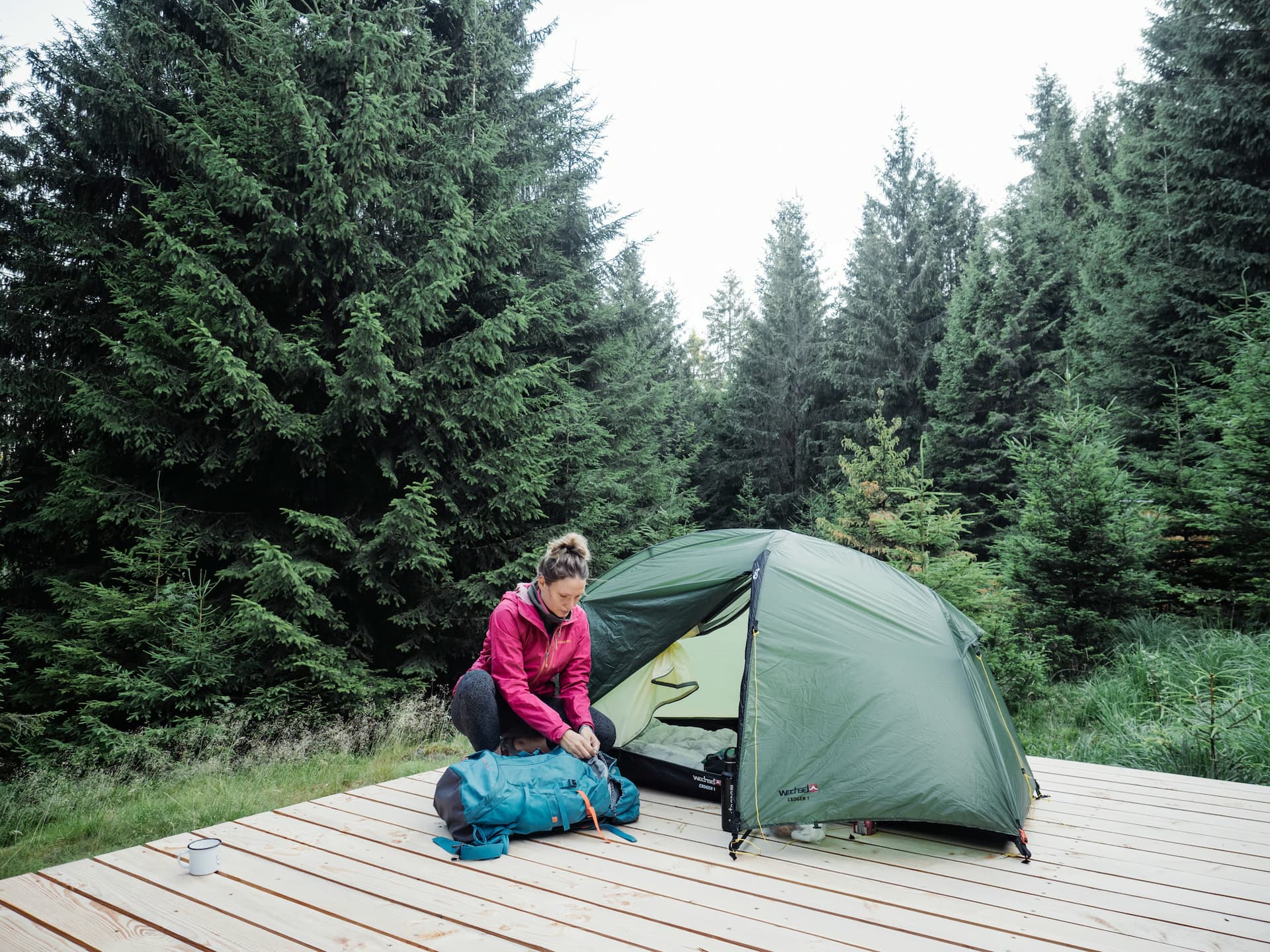 'Wild' camping: Tips for legal trekking in GermanyMore
'Wild' camping: Tips for legal trekking in GermanyMore -
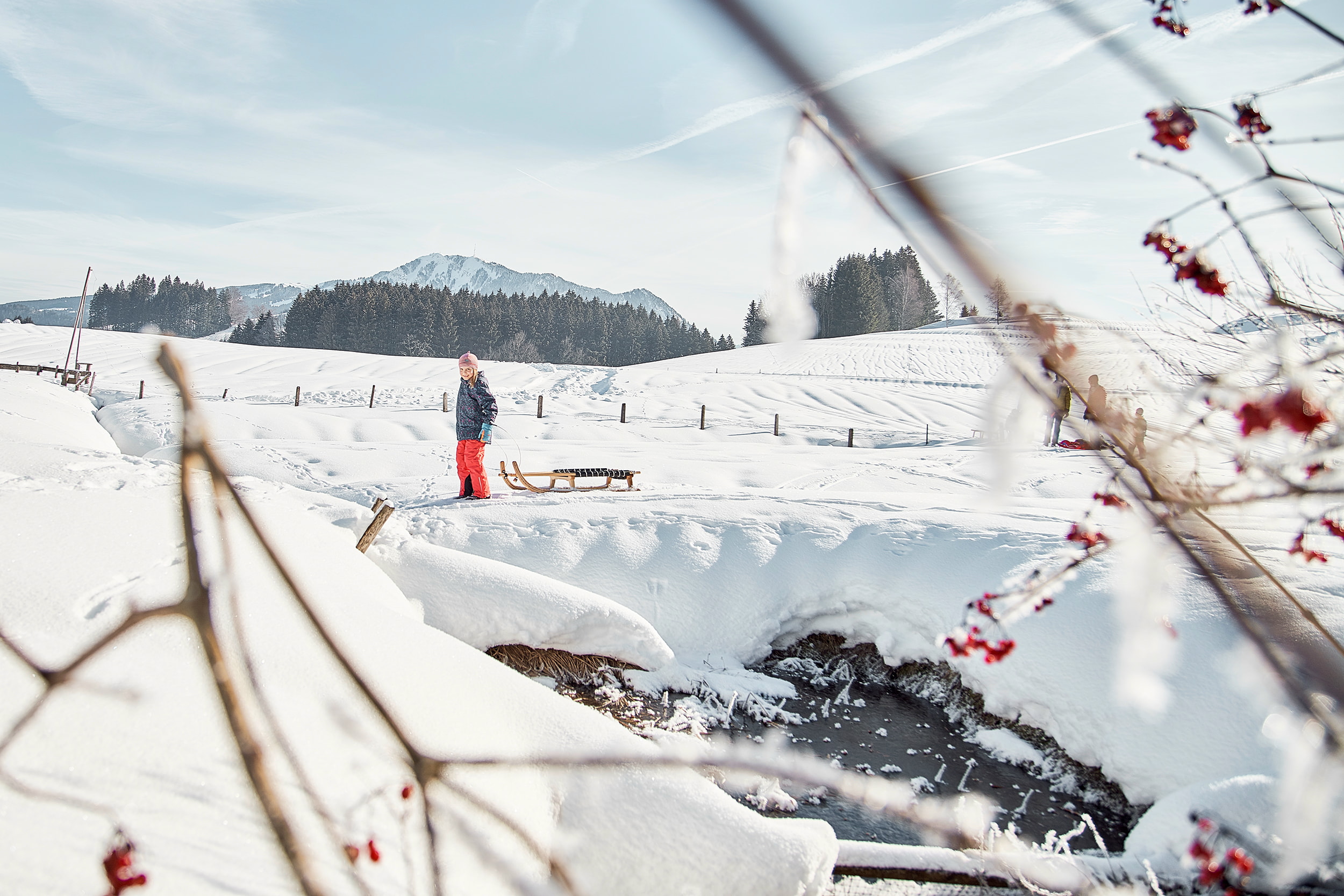 Great ideas for your snow adventureMore
Great ideas for your snow adventureMore -
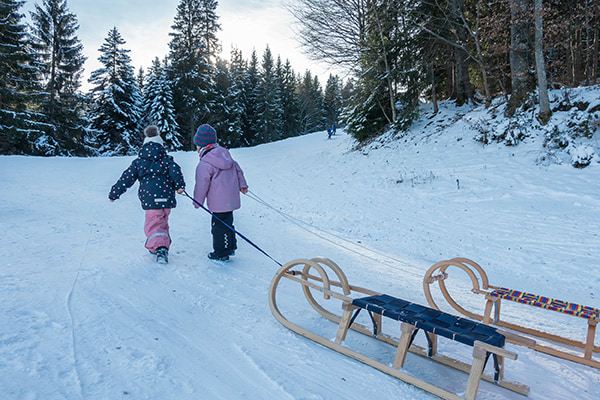 tips for hiking with children in winterMore
tips for hiking with children in winterMore -
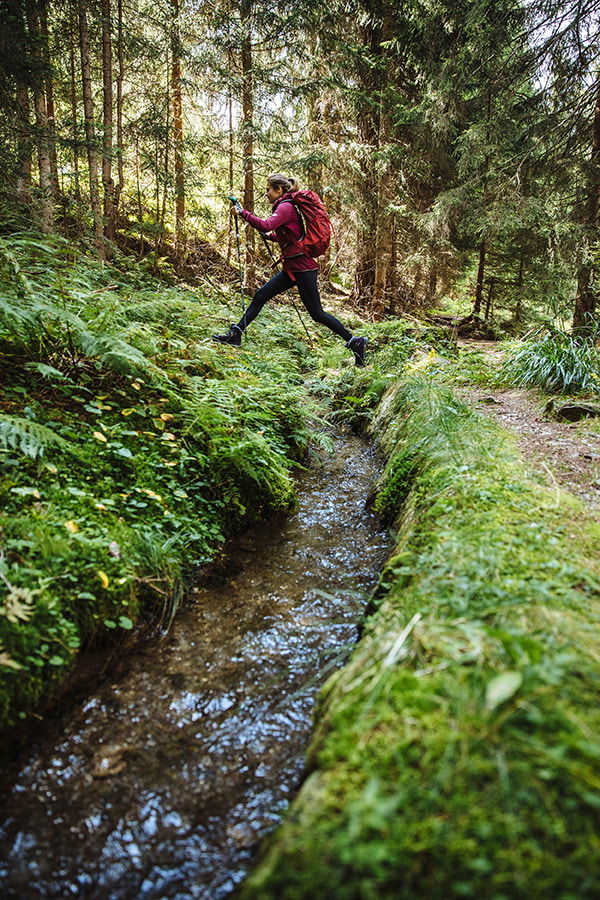 Tips for DIYMore
Tips for DIYMore -
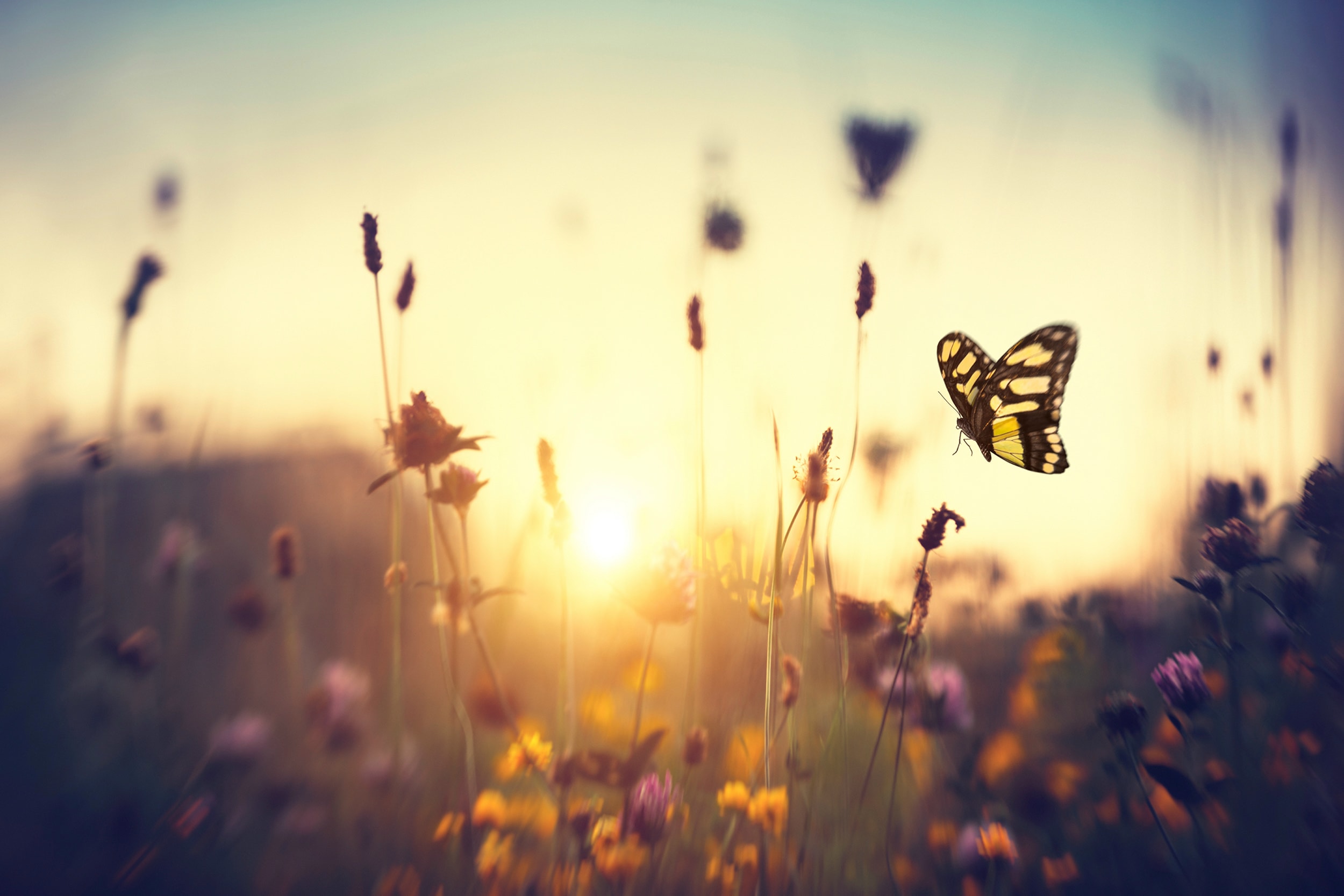 Tips for preserving biodiversityMore
Tips for preserving biodiversityMore -
 Tips from Digitize The PlanetMore
Tips from Digitize The PlanetMore -
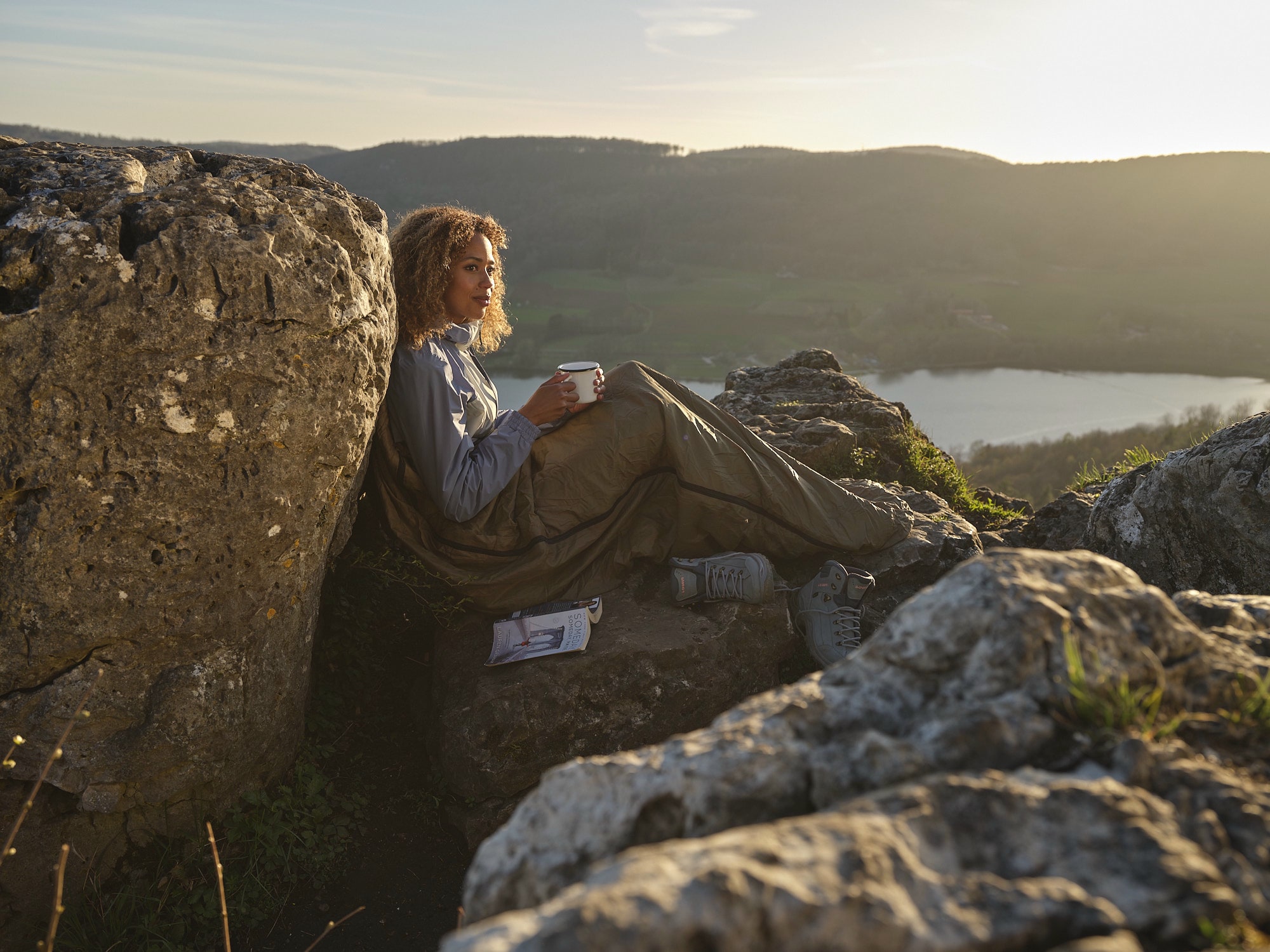 Tips for sleeping outdoorsMore
Tips for sleeping outdoorsMore -
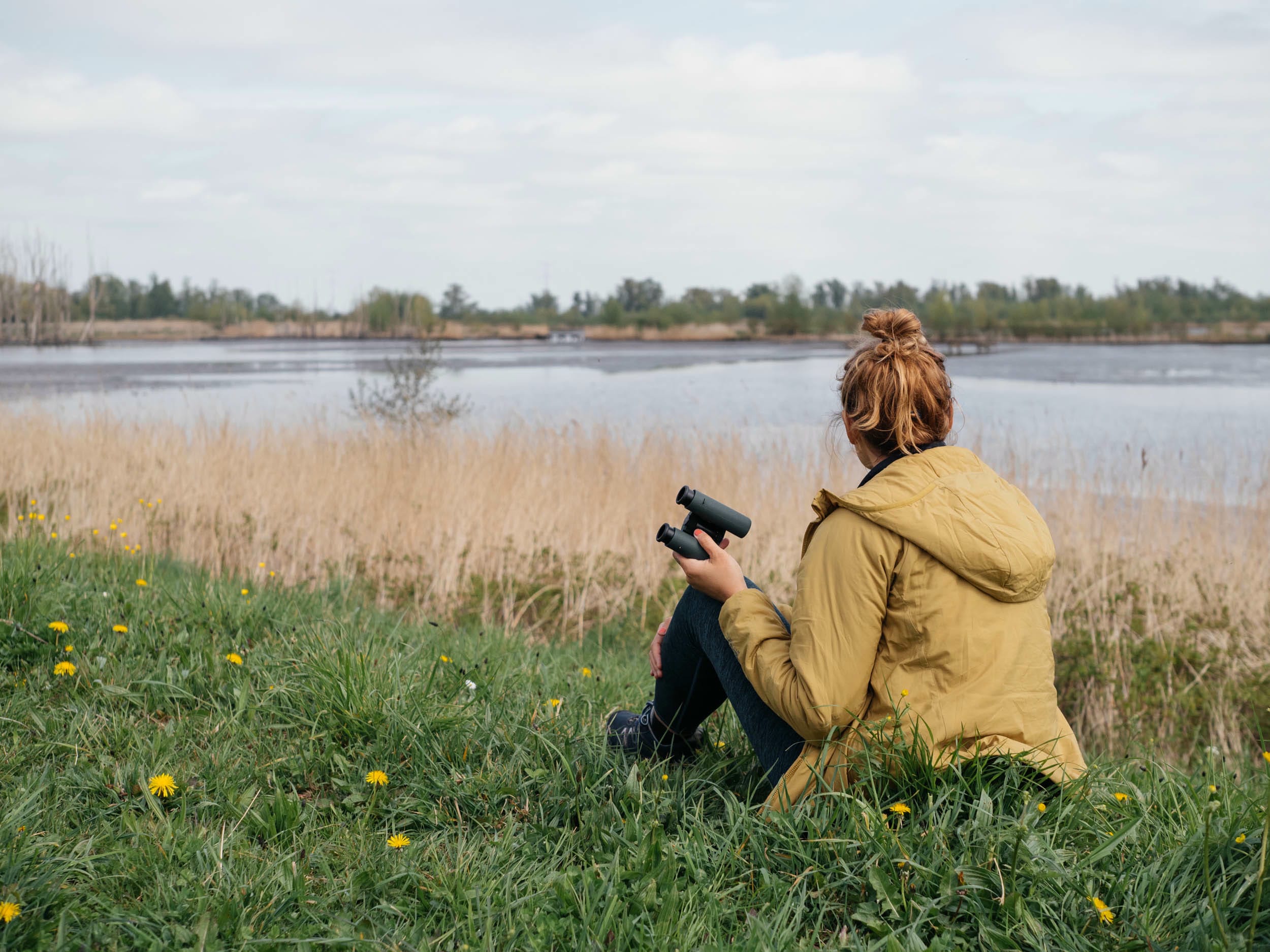 Tips for wildlife observationMore
Tips for wildlife observationMore -
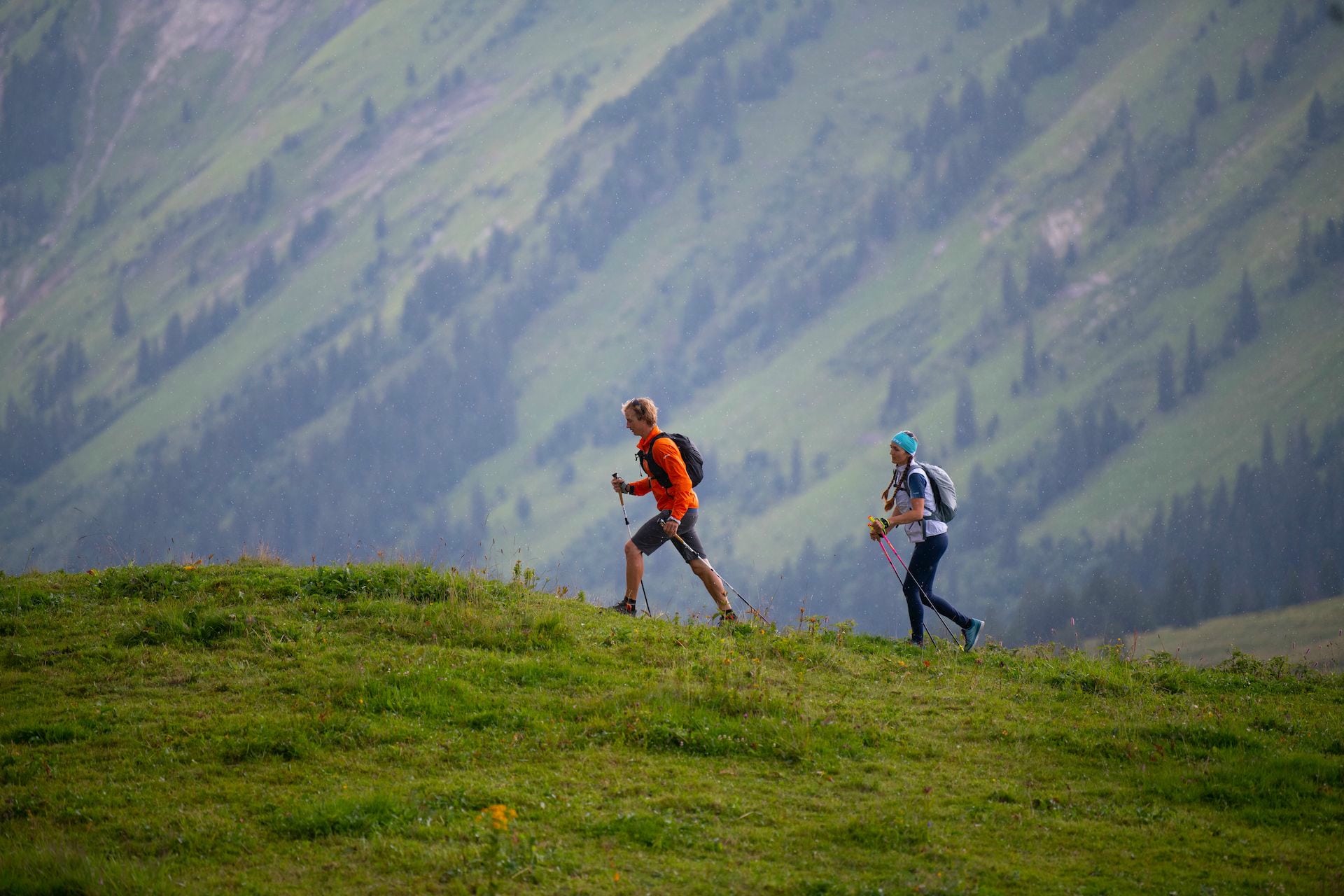 Tips for speed hikingMore
Tips for speed hikingMore -
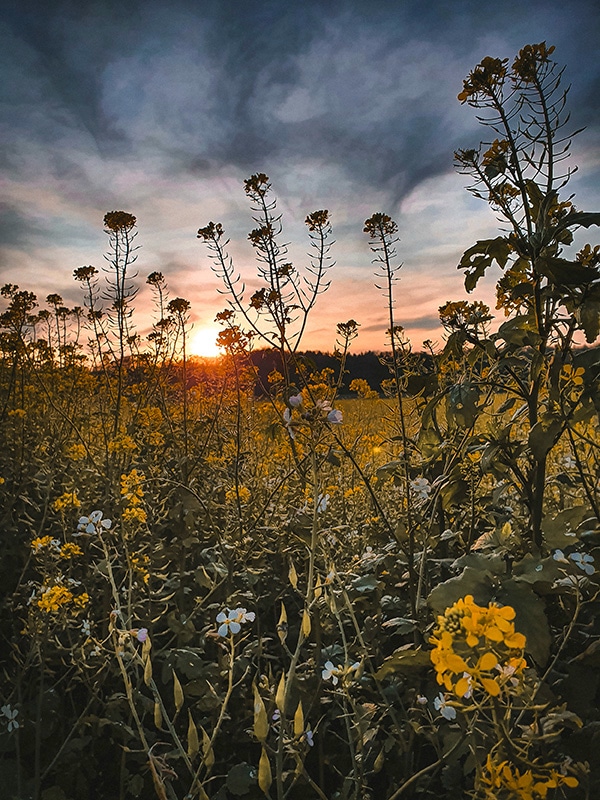 Tips for walks through forests and meadowsMore
Tips for walks through forests and meadowsMore -
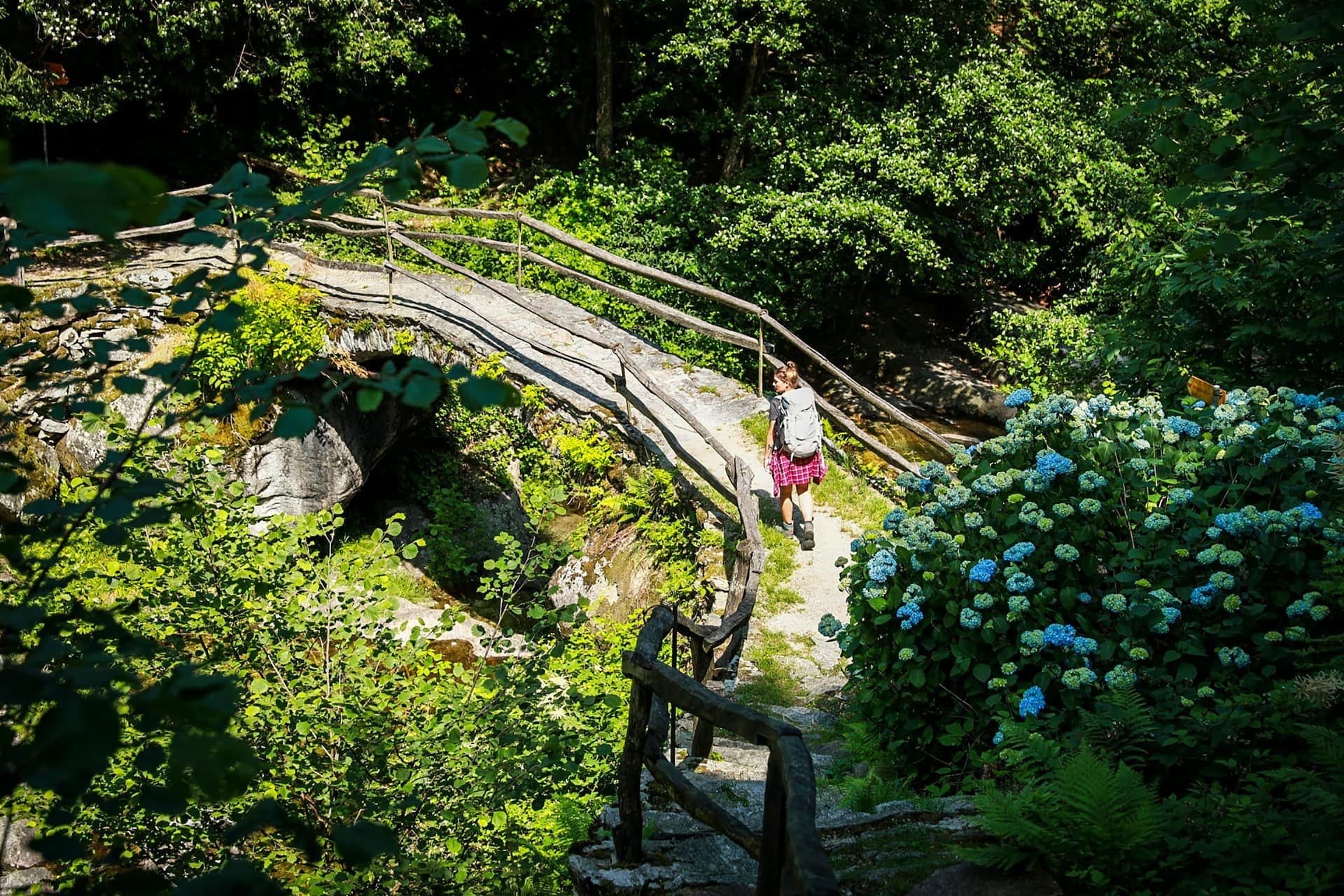 Tips for pilgrimage hikesMore
Tips for pilgrimage hikesMore -
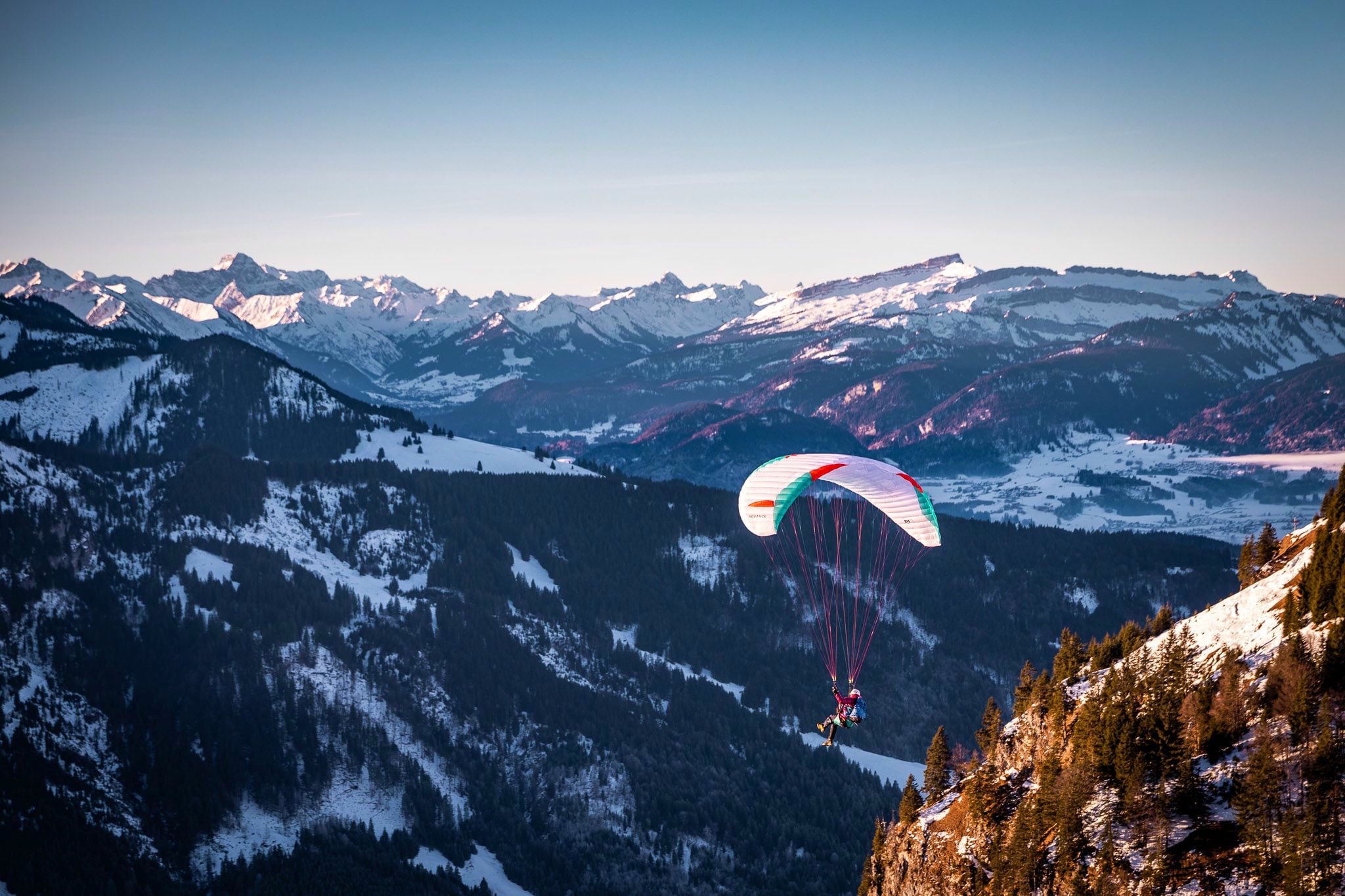 Tips for hike and fly in winterMore
Tips for hike and fly in winterMore -
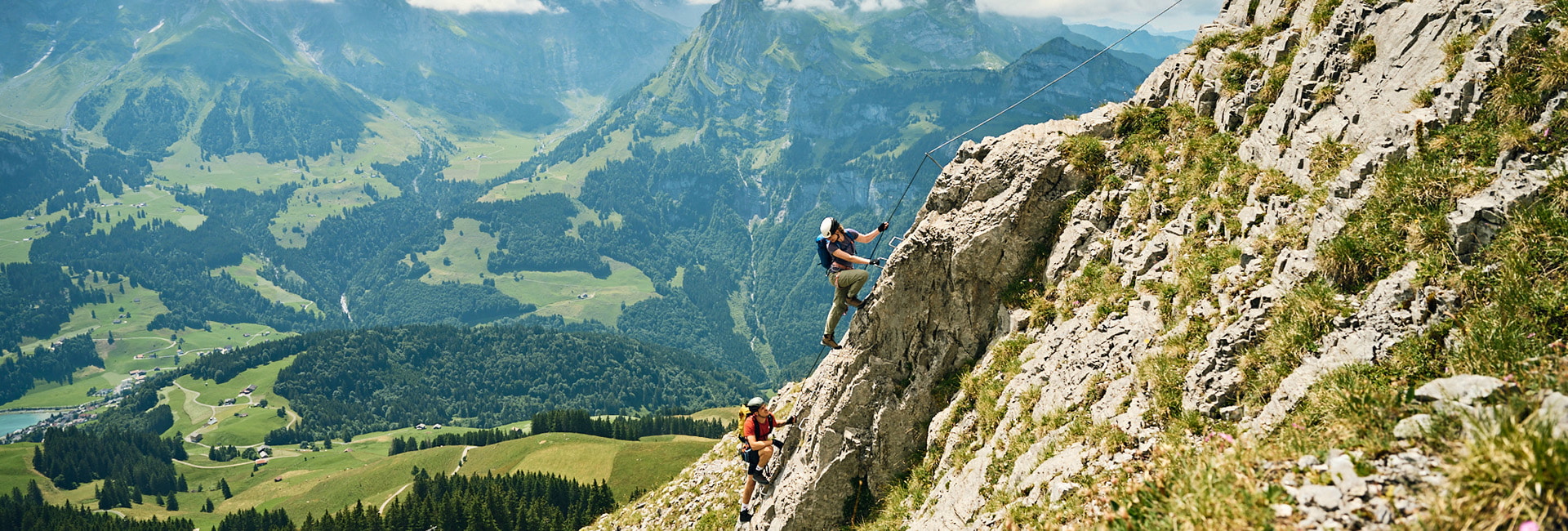 Tips for the via ferrataMore
Tips for the via ferrataMore -
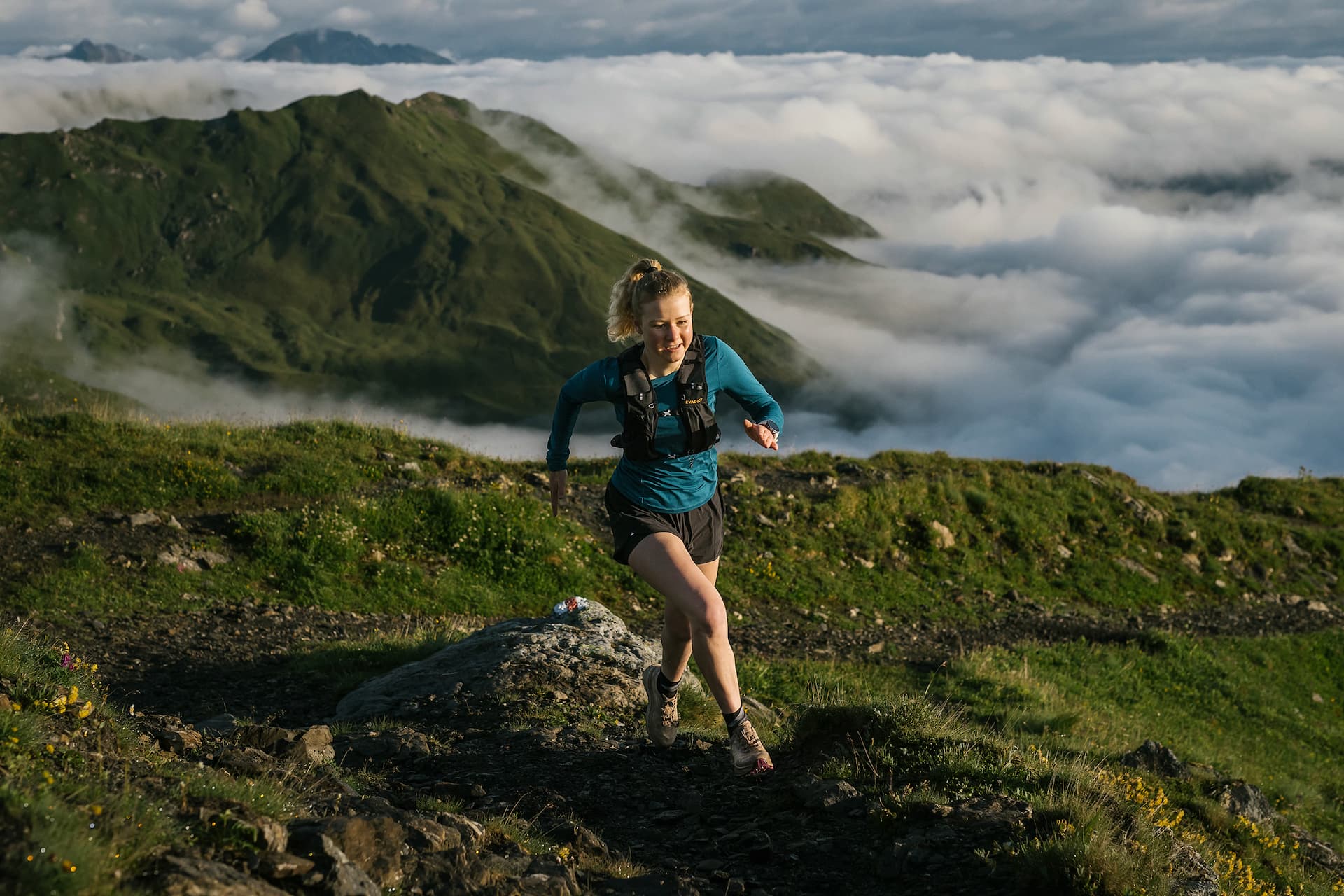 Tips for your entry into trail runningMore
Tips for your entry into trail runningMore -
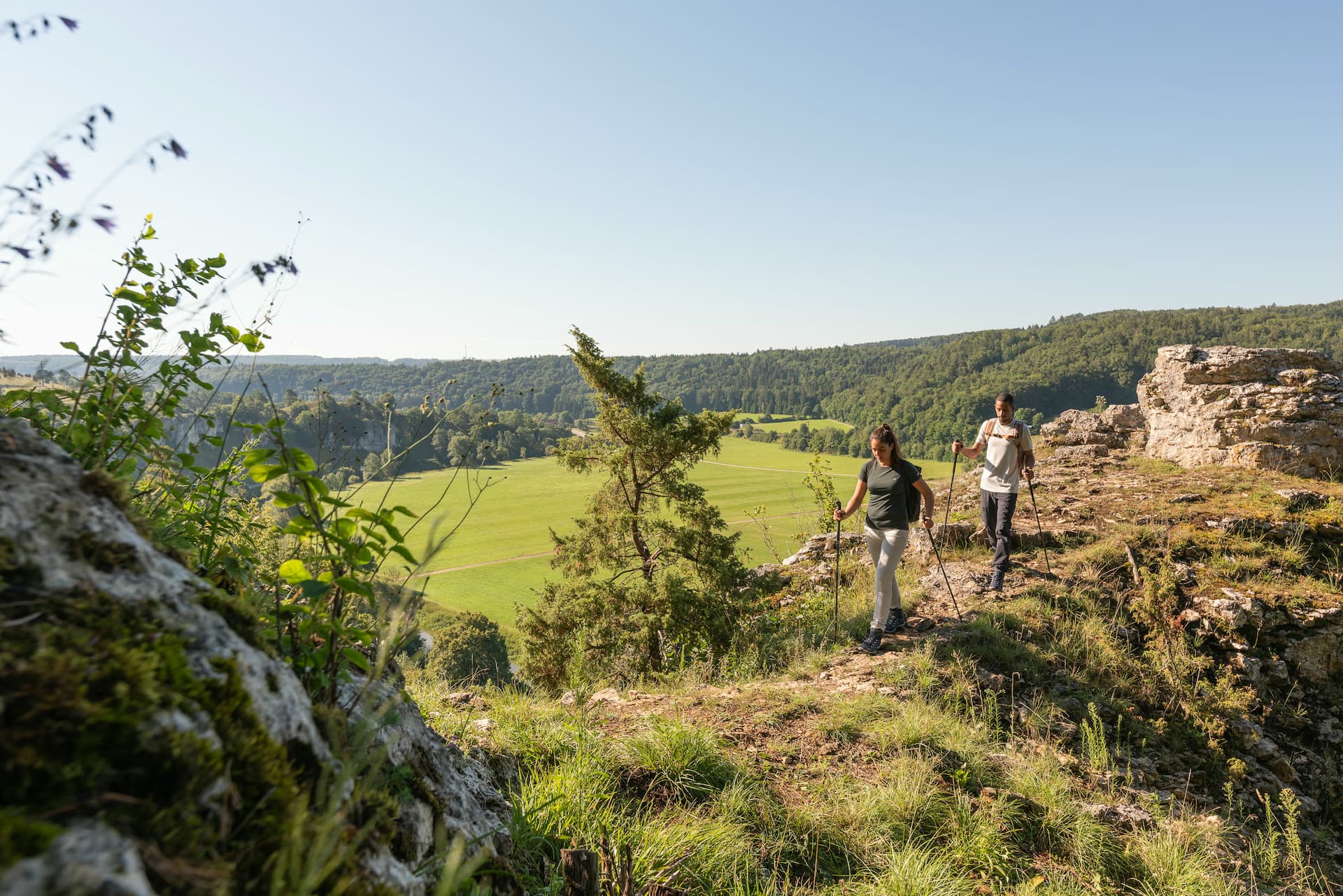 Tips for your mental healthMore
Tips for your mental healthMore -
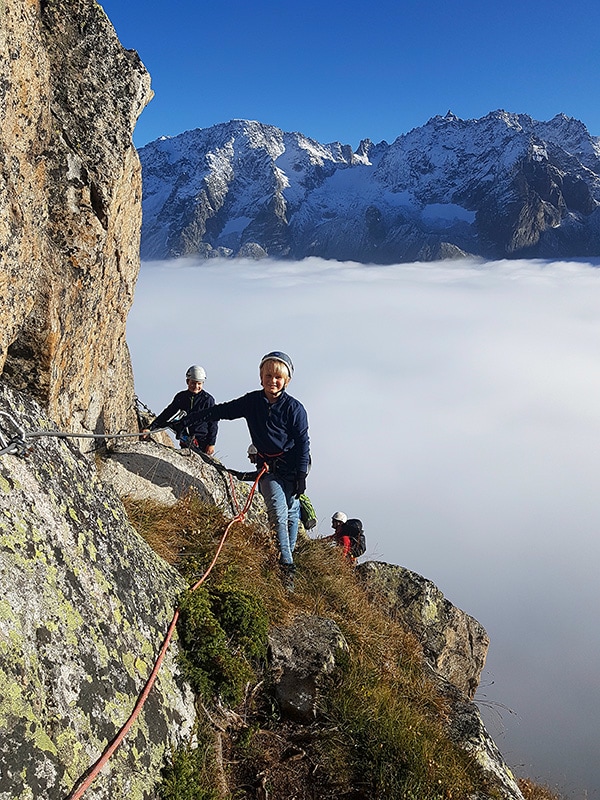 Tips for mountaineering with childrenMore
Tips for mountaineering with childrenMore -
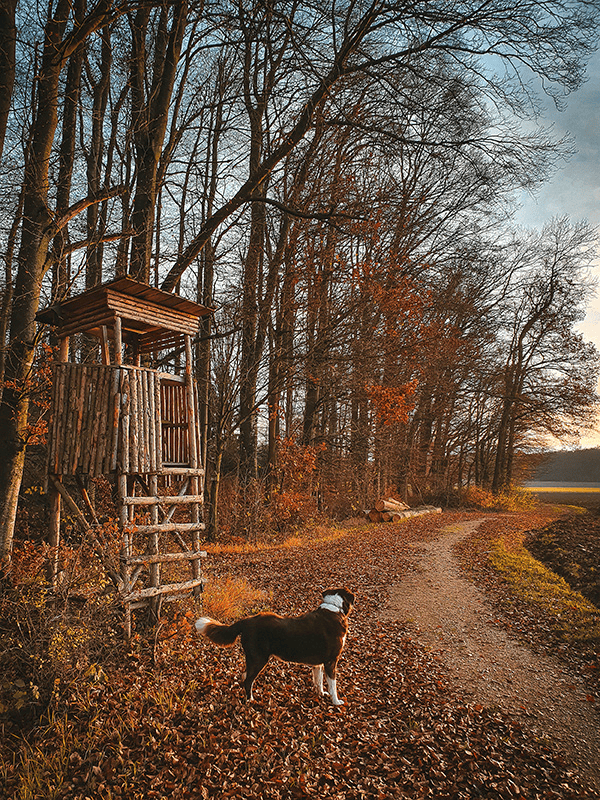 Walks with dogs in autumn and winterMore
Walks with dogs in autumn and winterMore -
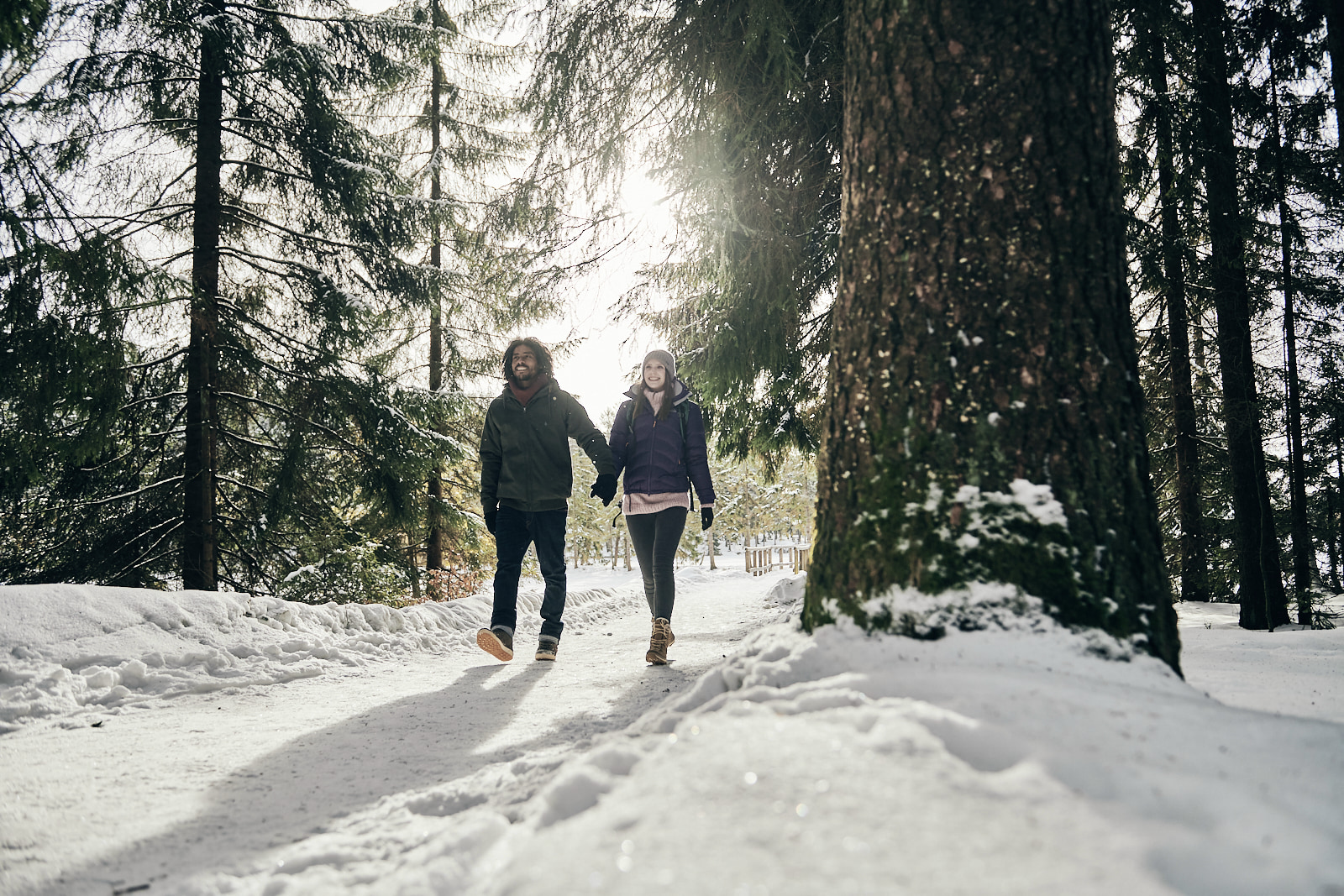 Winter magic walksMore
Winter magic walksMore -
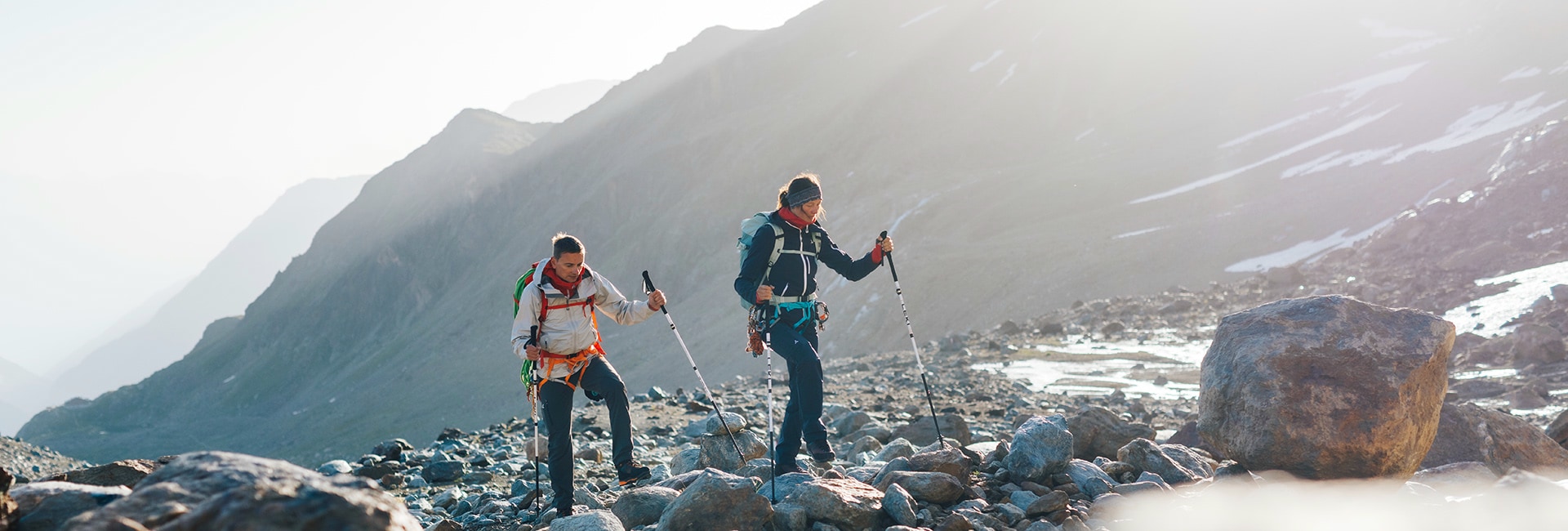 Safety on the mountainMore
Safety on the mountainMore -
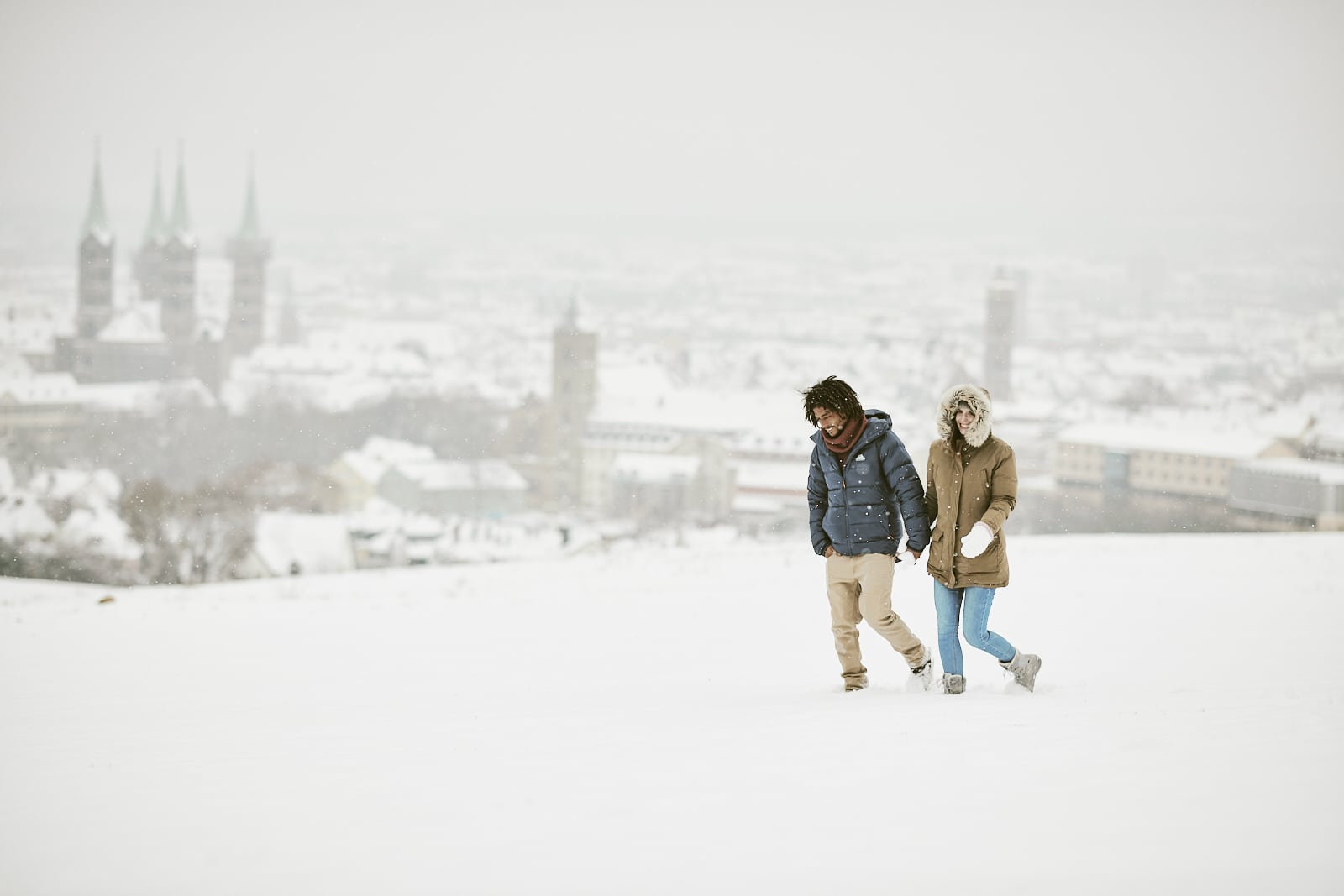 Shoe hacks for the cold seasonMore
Shoe hacks for the cold seasonMore -
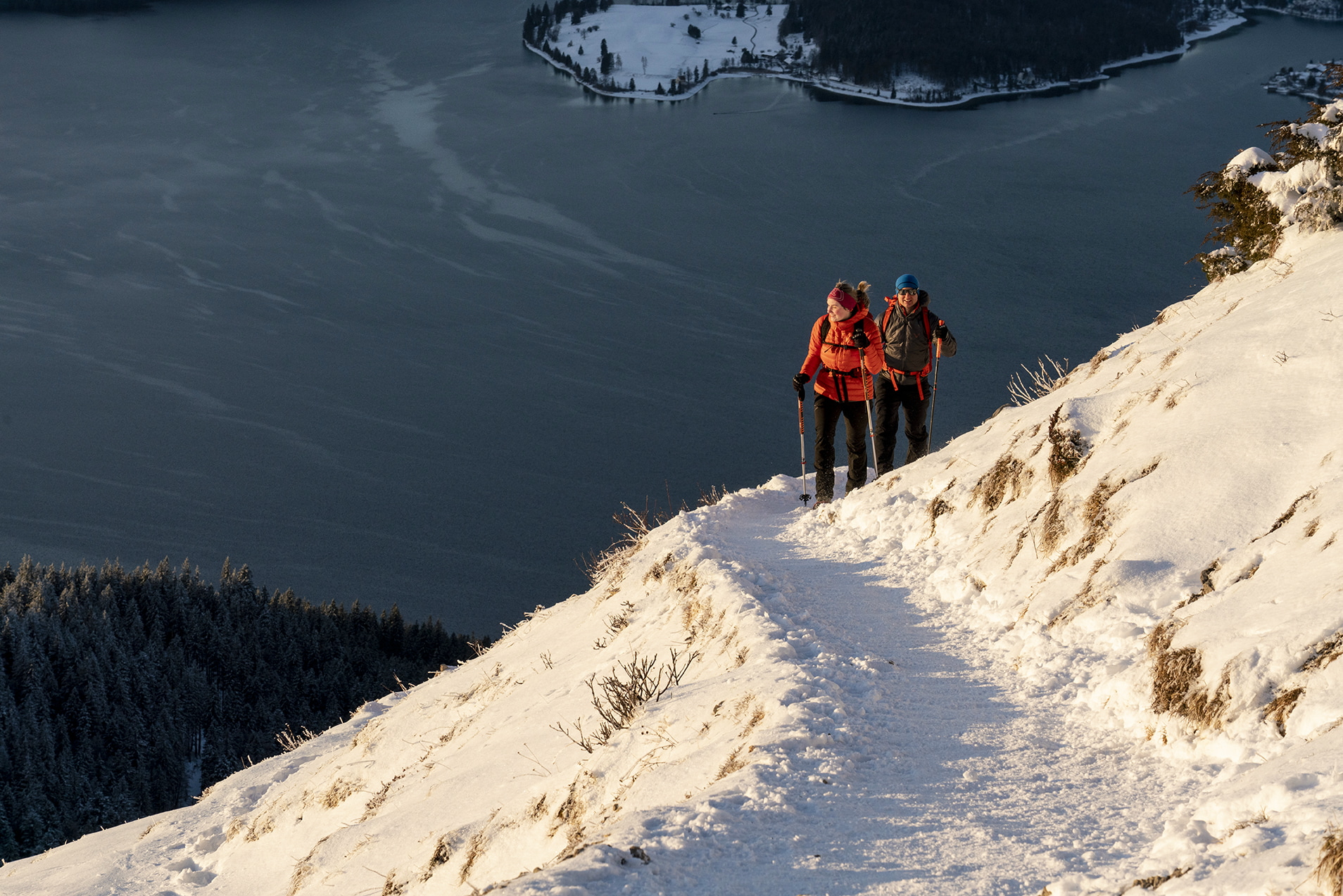 SnowshoeingMore
SnowshoeingMore -
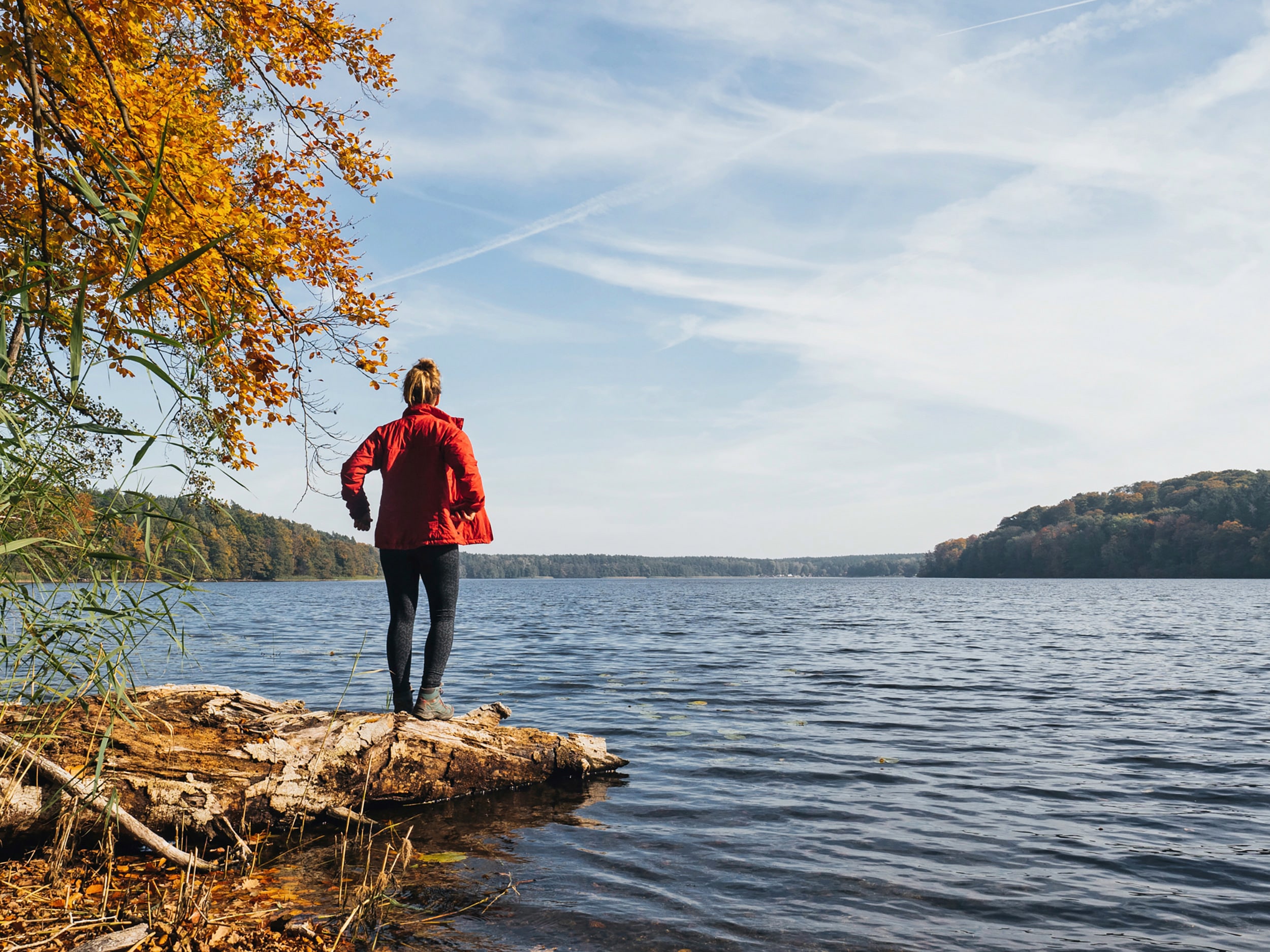 Rewild your lifeMore
Rewild your lifeMore -
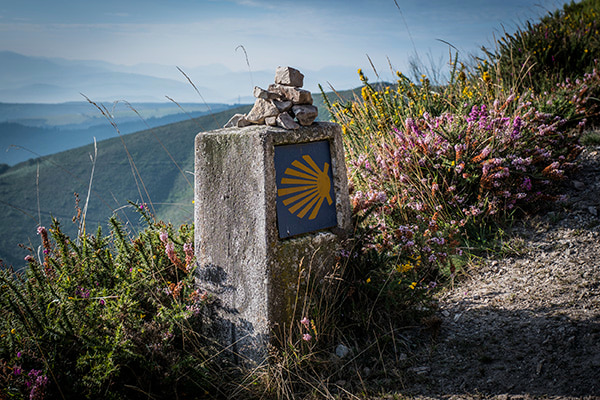 Pilgrimage on the Camino de SantiagoMore
Pilgrimage on the Camino de SantiagoMore -
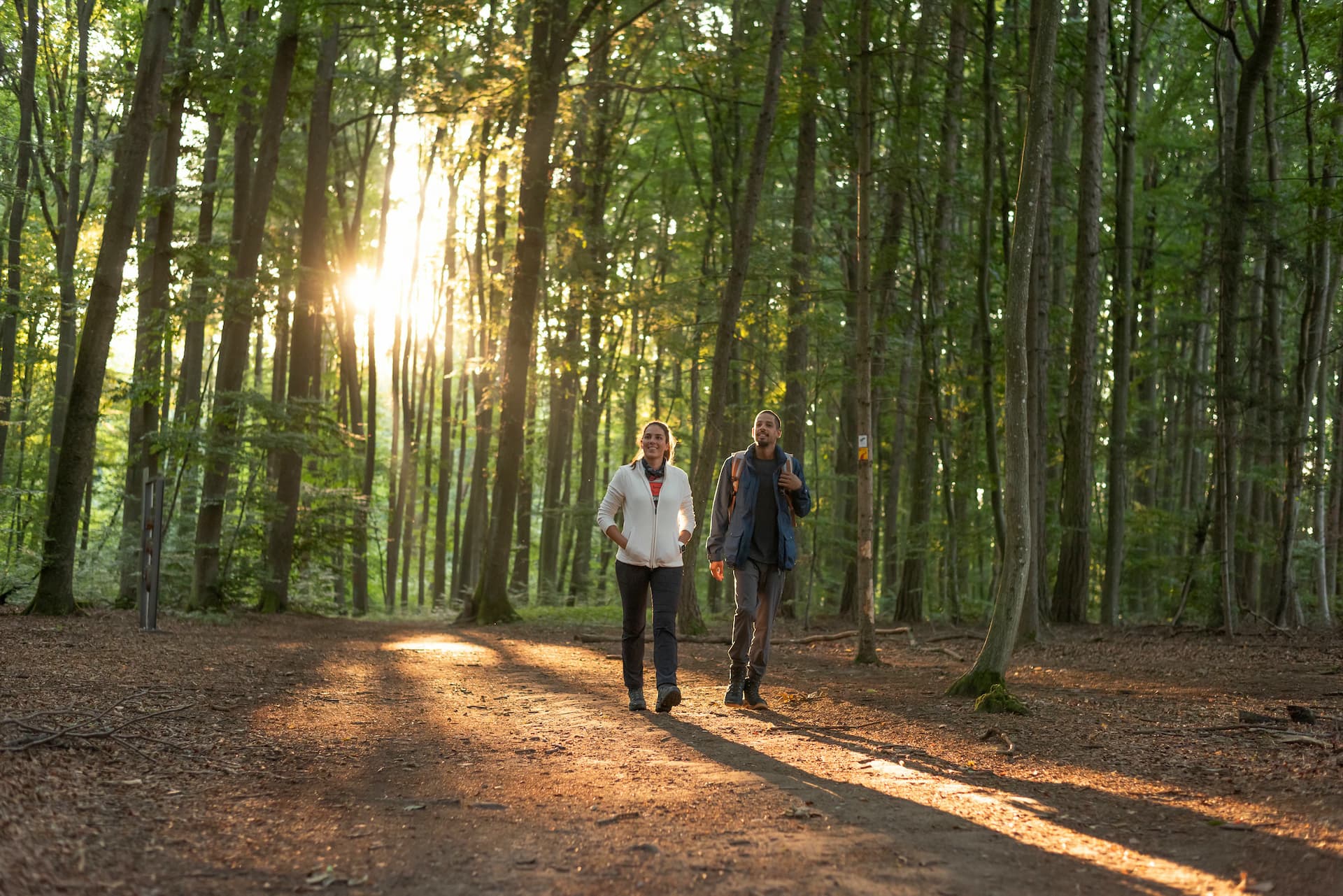 Sustainable hikingMore
Sustainable hikingMore
